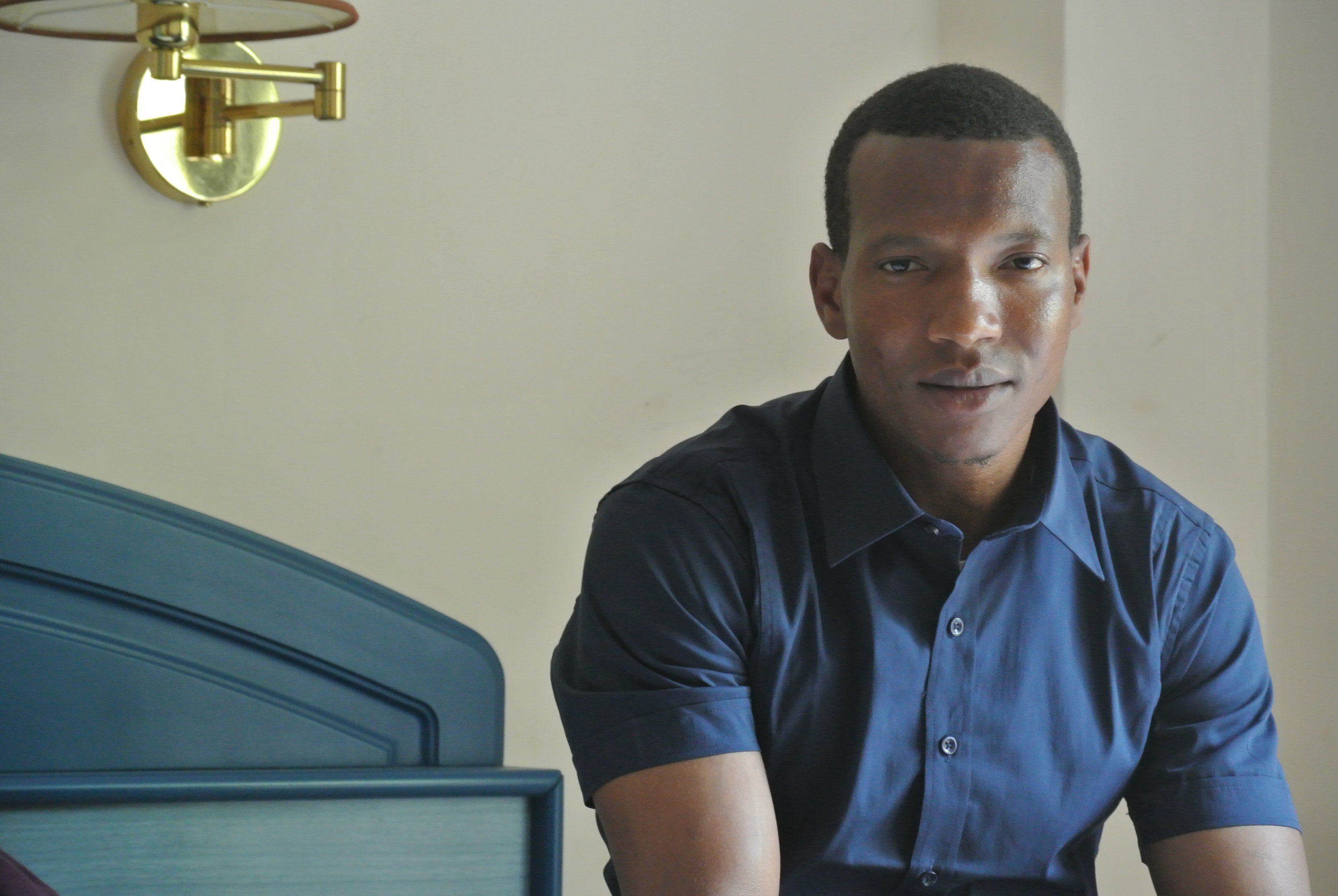MotM Reunion | Meet Amadou: Two Years Later
Longobardi, Calabria, Italy. 18 February 2019. ©Pamela Kerpius
23 July 2019
Introduction
Amadou and I had been in contact from the time he left Lampedusa.
He was rescued and brought to the island for first reception in late October 2016. He found me at a bar on Via Roma one evening after we met in passing––and after he had already seen me interviewing a number of others. He came right to my table and said he wanted to tell his story.
We shared coffees. He adjusted his clothes, still mismatched since they came from the church donation, so he could have as crisp a look as possible for the picture I took. He flashed a peace sign, smiled.
He stayed in touch immediately after we parted. But it would be a year-and-a-half until we finally saw each other again. In the months after Lampedusa, it was easy for me to reunite with people who were transferred to central cities like Rome, Milan or Naples, but much more difficult logistically to find people in the innumerable tiny towns across Italy.
Amadou was in one of those tiny towns, unreachable by train, somewhere far south on the coast of the Calabrian region. In May 2018 I took a train, then a connecting bus to Cosenza, the largest city of the area, then rented a car to drive to the site of his housing near a remote, rocky beach.
He stood on the main road waiting for my car to arrive and beamed when it did. I’ve said it before: it is nothing short of magic seeing a person for the first time after Lampedusa. It feels impossible that we should know each other but we do, and here is the extraordinary confirmation of it, the suddenly familiar face once more after so much time in a space that is so much different.
It was already hot although just spring. He gave me a tour of his home, introduced me to his friends and roommates and to the owners of the building who were his friends by now too. He was speaking Italian mostly.
We sat on the seaside and spoke. The waves washed up in front of us. A group of kids were playing in the water a few meters beyond. He told me what it was like to be rescued at sea, about his family members (his wife, age 23; and two children, ages 2 and 6) missing at sea, and about how for work, now that he is on mainland Italy, he hopes to build.
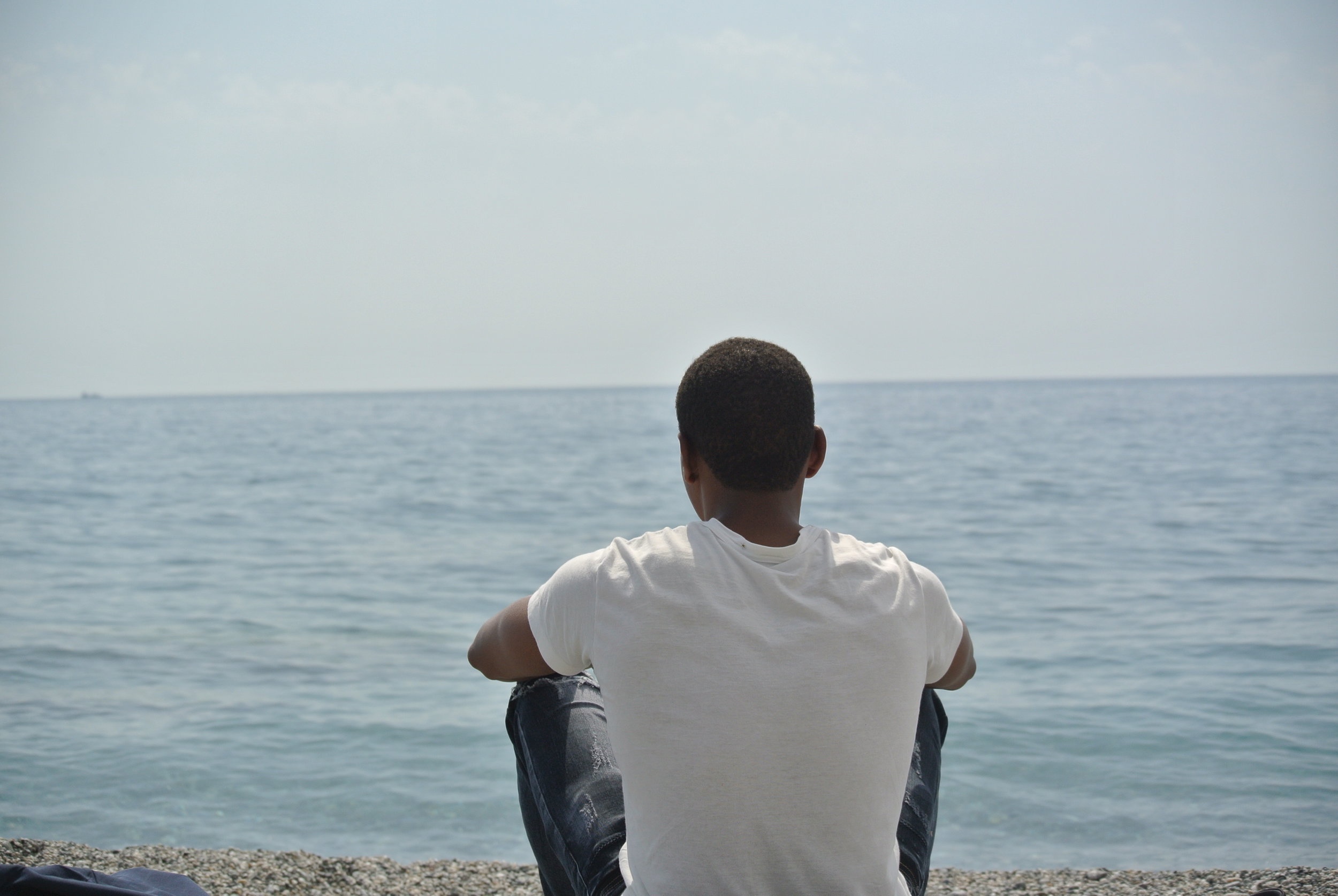
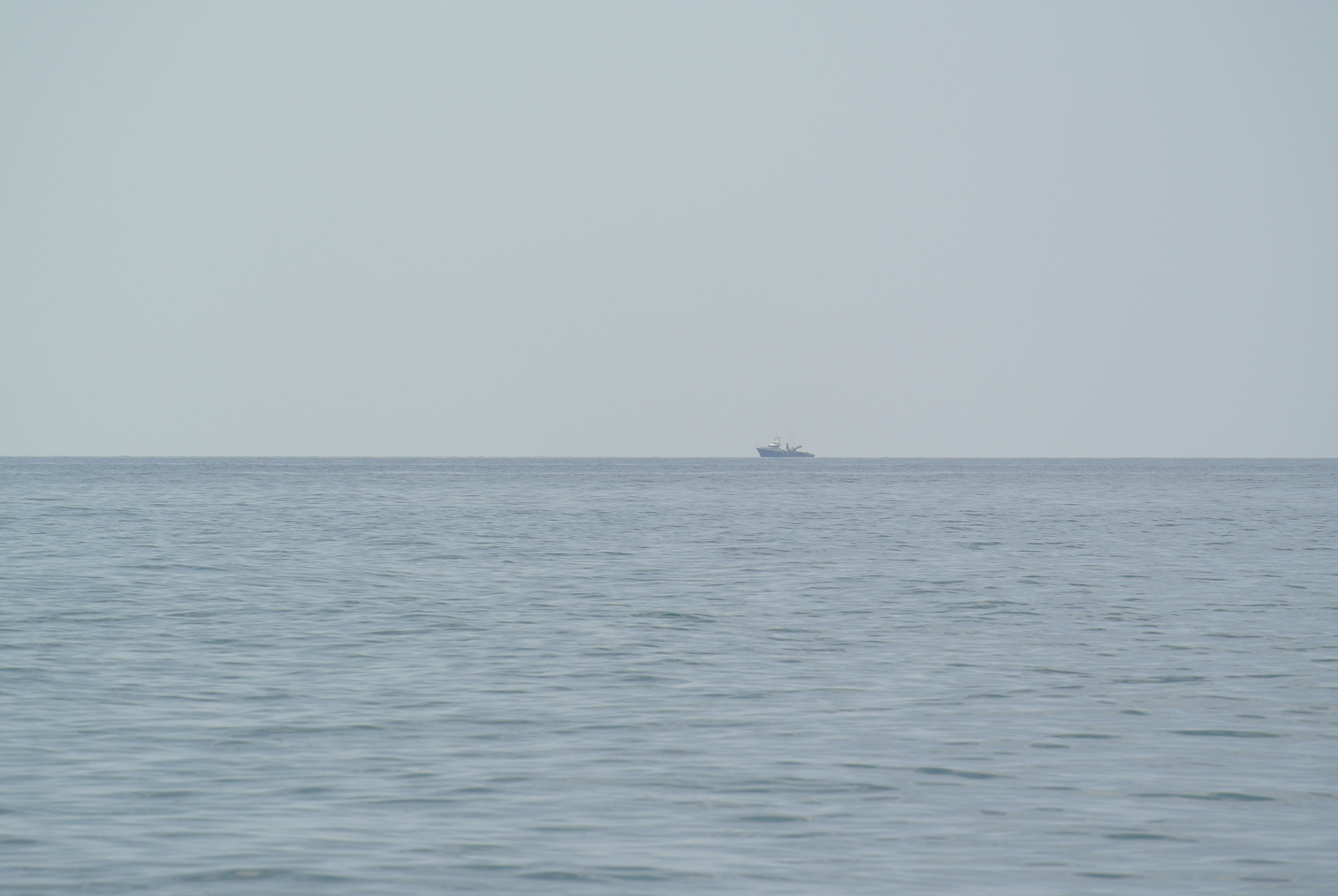
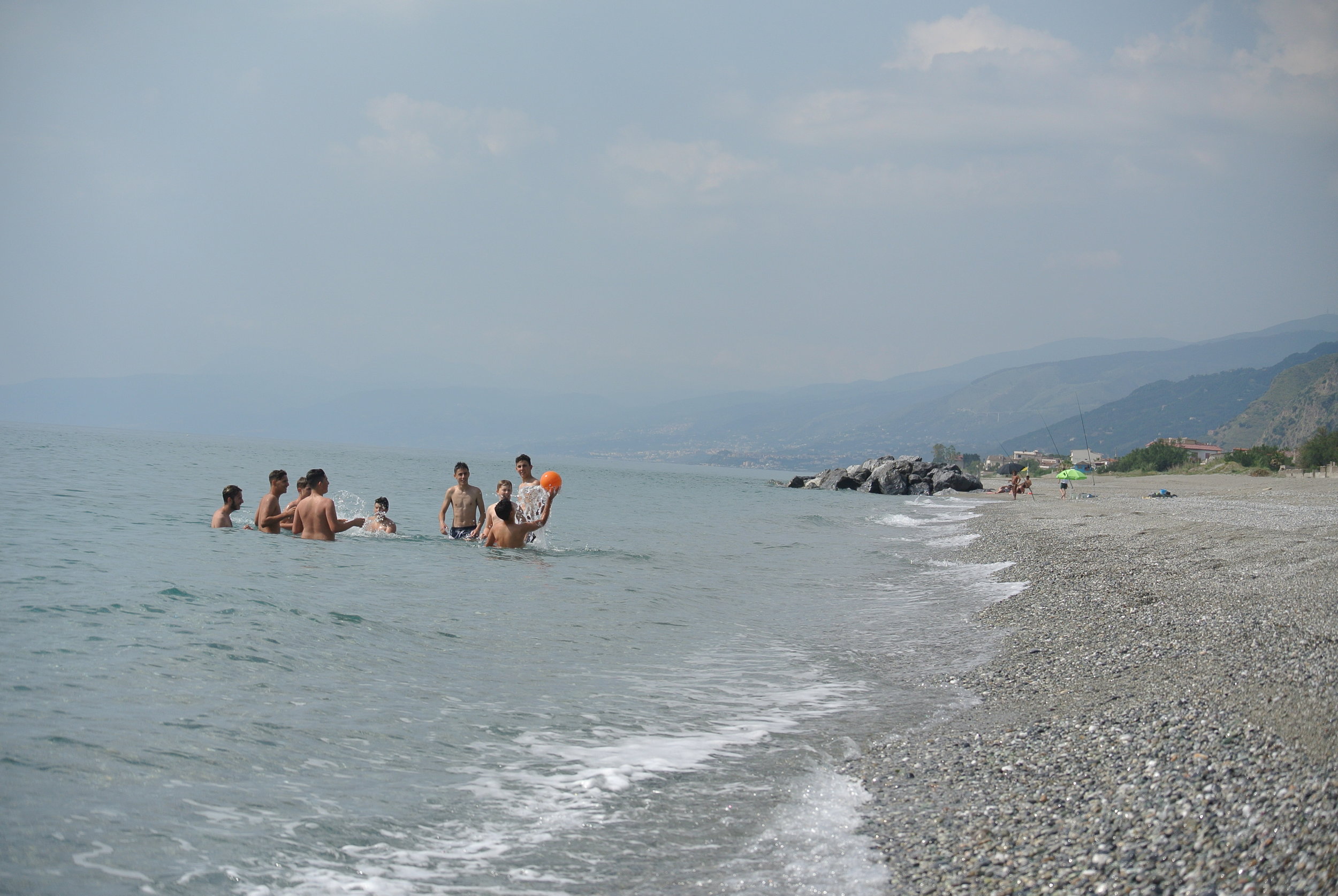
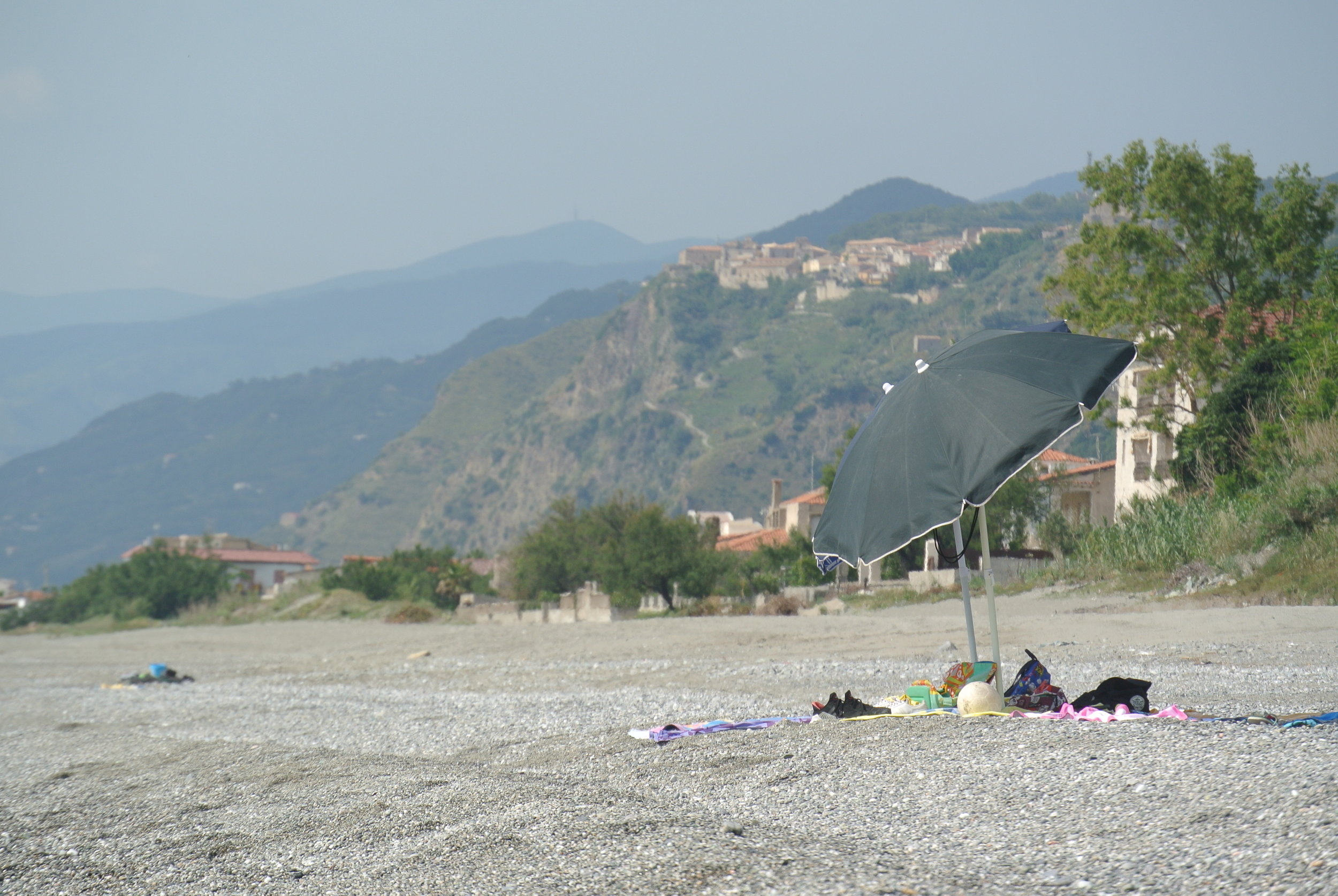
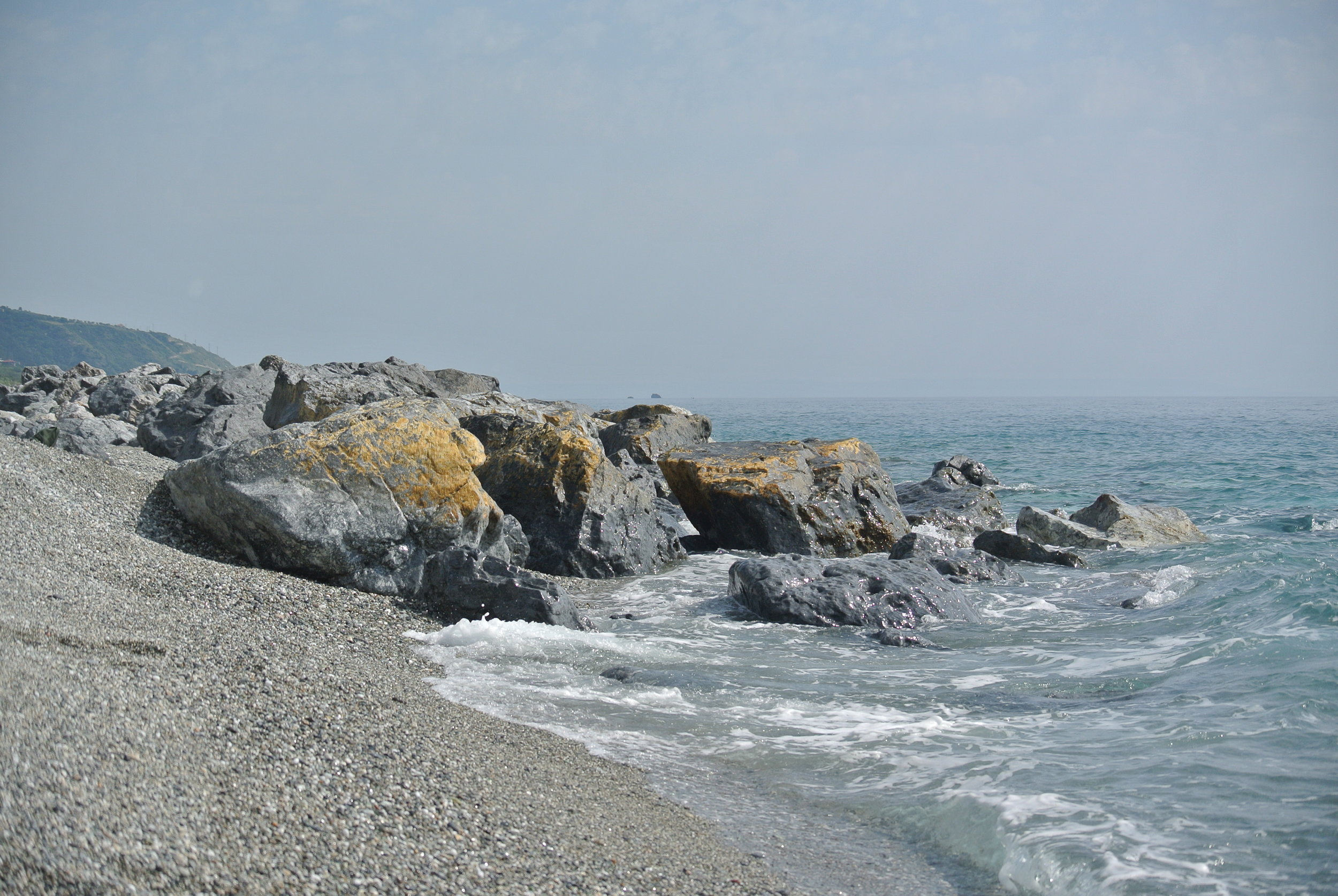
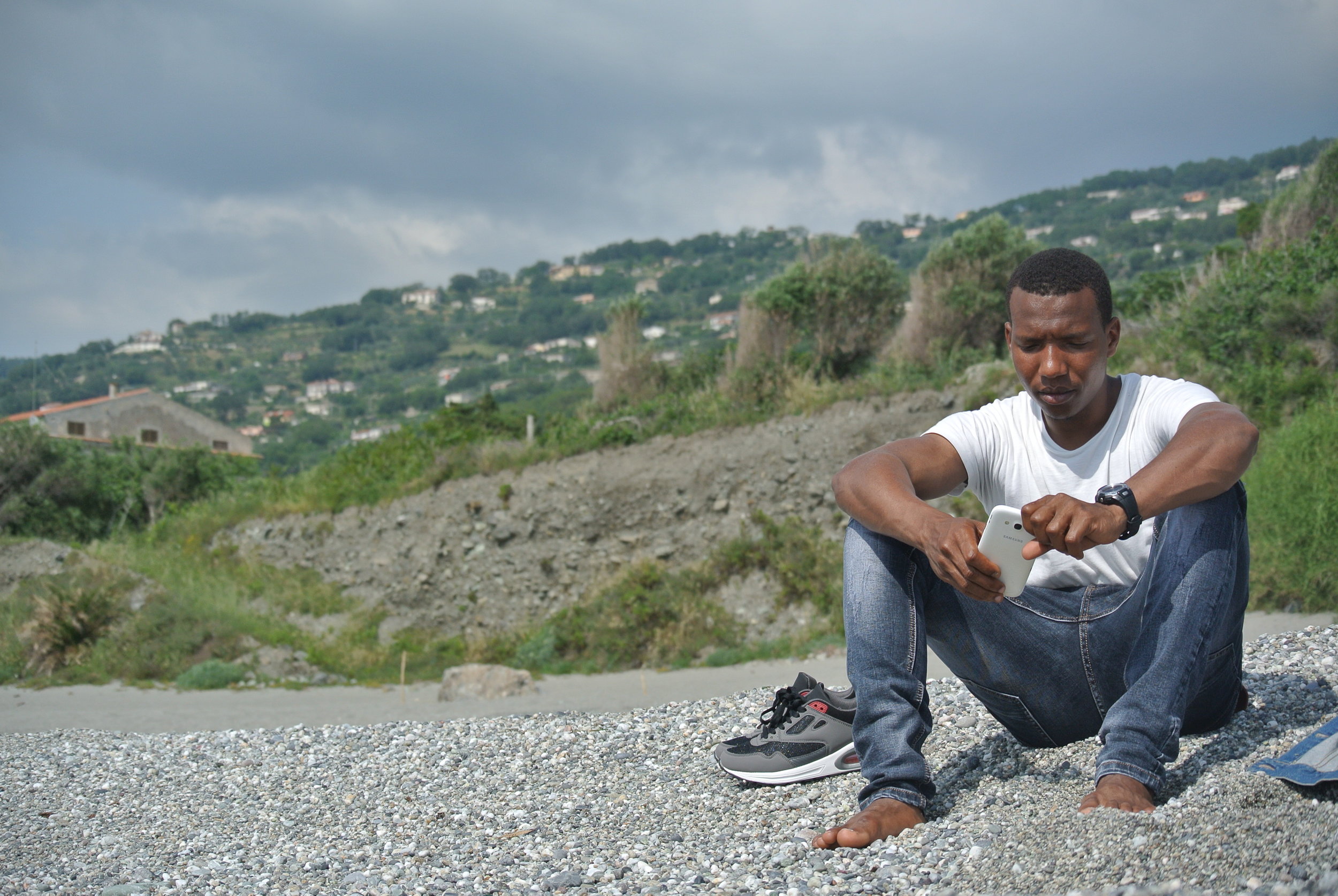
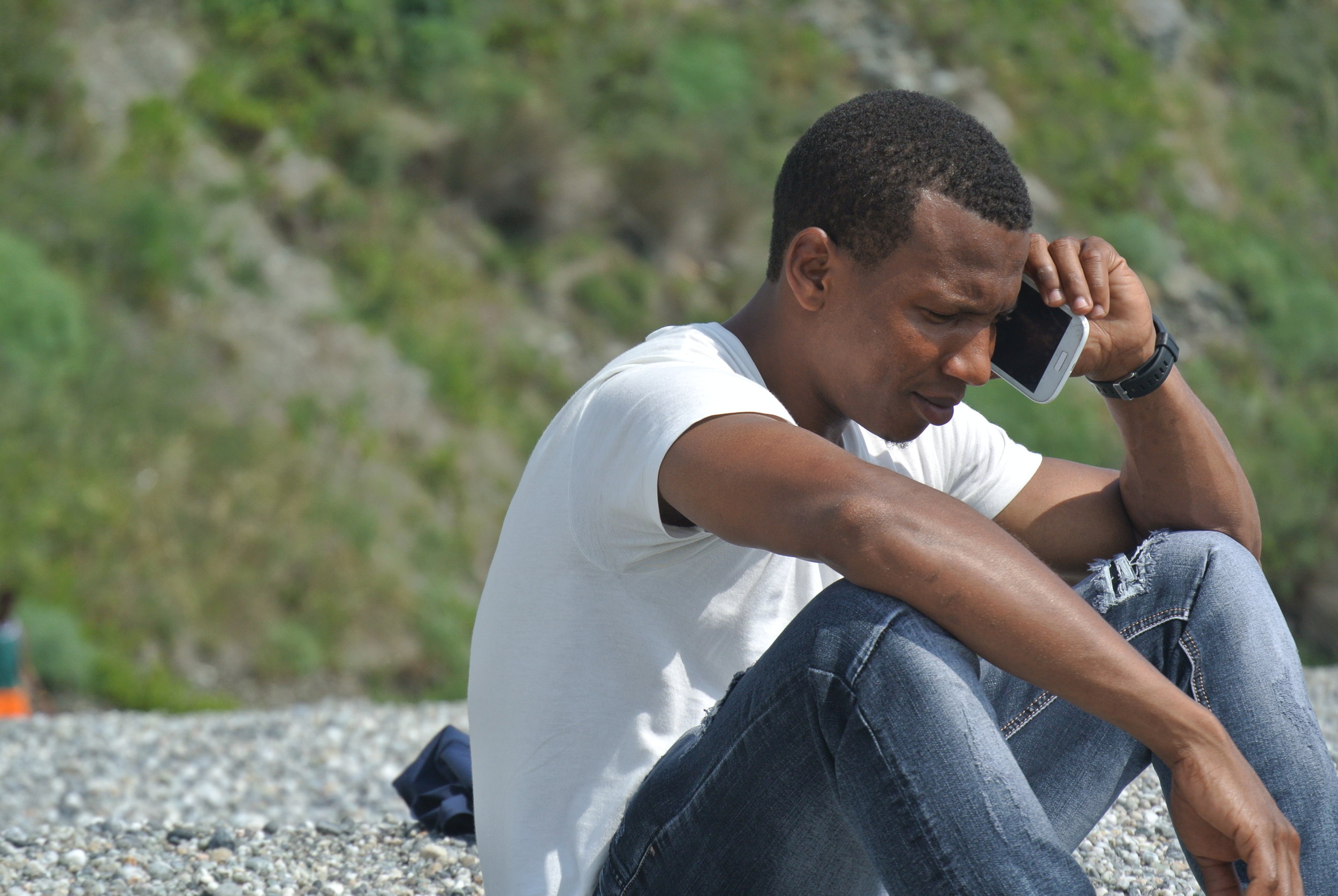
Sea + Rescue
The whistle blew, but Amadou didn’t know what that meant.
How was he supposed to know a whistle was a signal rescuers made if he’d never been rescued before?
He was on the sea then in a flimsy rubber boat, already filling with water. It was springing leaks now that the other passengers were standing, panicked about whether the people on the approaching boat were Libyan “small boys” or rescuers that were there to save their lives. It was late October 2016, somewhere at the edge of international waters beyond the Libyan coast.
You don’t know, he said, how bad the boat is until you’re already on it.
Before you push off the coast, the choice is one of continuing a life of degradation and torture in Libya or of risking your life on the sea.
Once you are on the water and another boat approaches, the choice is go toward it in the hopes of a rescue or turn away. Because if the boat approaching is Libyan, Amadou says, he would rather perish in the sea than be recaptured and returned.
These are the choices in front of people departing Libya. We sat on the rocky sand at the seaside, looking toward the two boats on the horizon in front of us, not rescue vessels, but a close reference.
Most people won’t remember the details after rescue, Amadou said. It’s so stressful on the sea and during rescue that the memory is just a blur. Amadou, though, remembers that when he landed in Lampedusa it was the morning. He remembers it was a German NGO that rescued him. He remembers that everyone on his boat survived.
He’s not afraid of the water now, reminding me that even in those early days in Lampedusa, where we met in November 2016, he would already take breaks and go to the beach to swim.
Language + Listening
When we speak, it is hard to understand.
Amadou is sophisticated and clear but I often miss his words anyway. We say things differently. He was telling me about his missing family, but I didn’t understand which of them had gone missing, when he lost track of them, nor the complicated logistics of their trafficking up until that point.
It’s in our accents. I have an American accent, he has a Guinean one. Our words vary. His language is influenced by French. The syntax of our sentences varies. There is an altogether different cadence to how each of us speak, meaning listening is key. We repeat things again and again.
It is hard for Amadou to have a phrase he leans on normally not be understood. I can hear the frustration rise in his voice sometimes.
That frustration would morph to anger if we gave up and walked away before we understood each other. But really, the rising pitch is just the sound of two very different people trying to connect, and the feeling instantly softens when we do.
Staying cognizant of that is what got us through the knotty, not-easy-to-understand details of his missing family’s story.
The most complicated details were knowing how to label his family. His wife and two children were only his own now because he inherited them after the death of his bother. His brother was the woman’s first husband and the children’s father by blood before his death.
This custom of wife and family inheritance is practiced in his village, Pita, in Guinea, he explained.
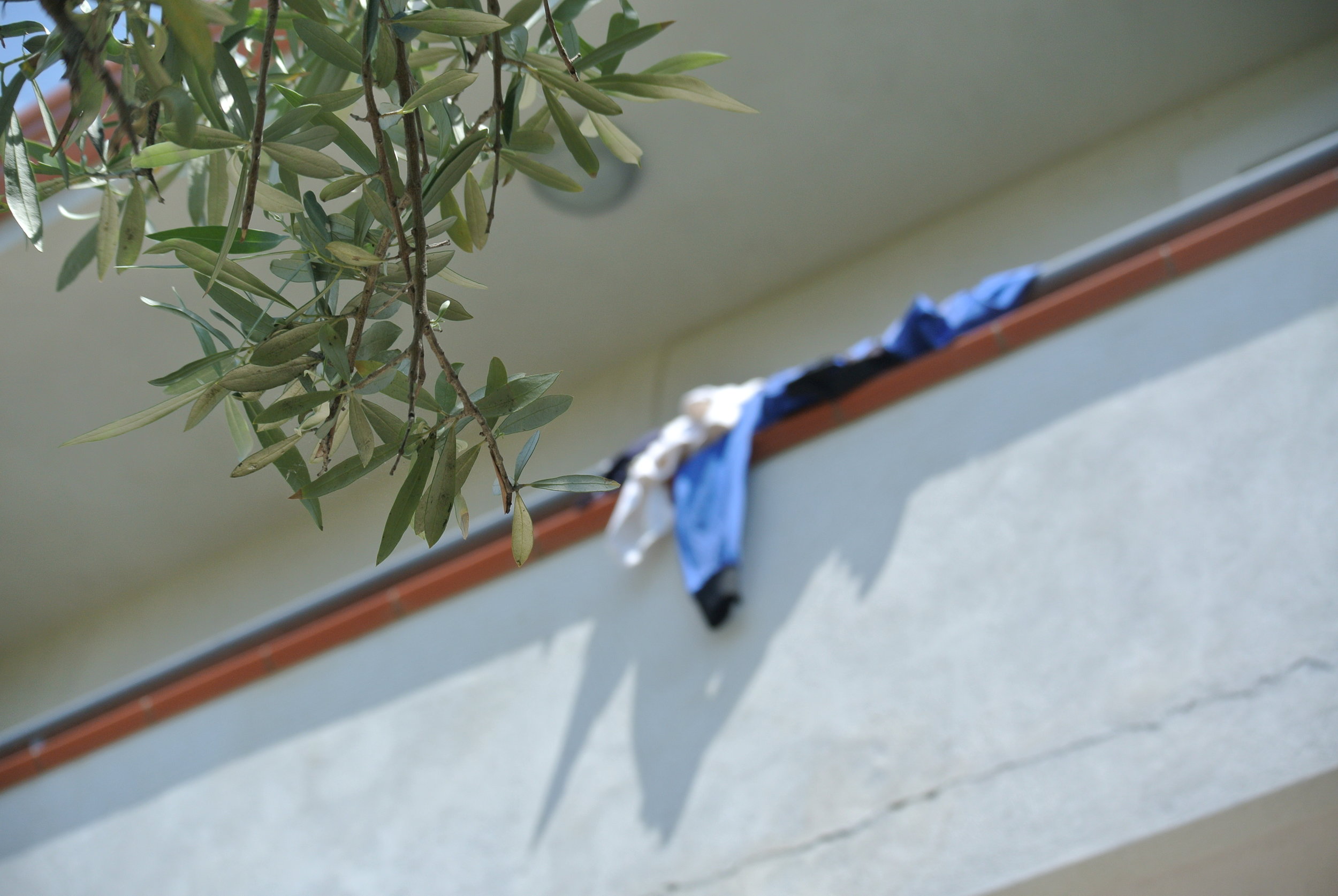
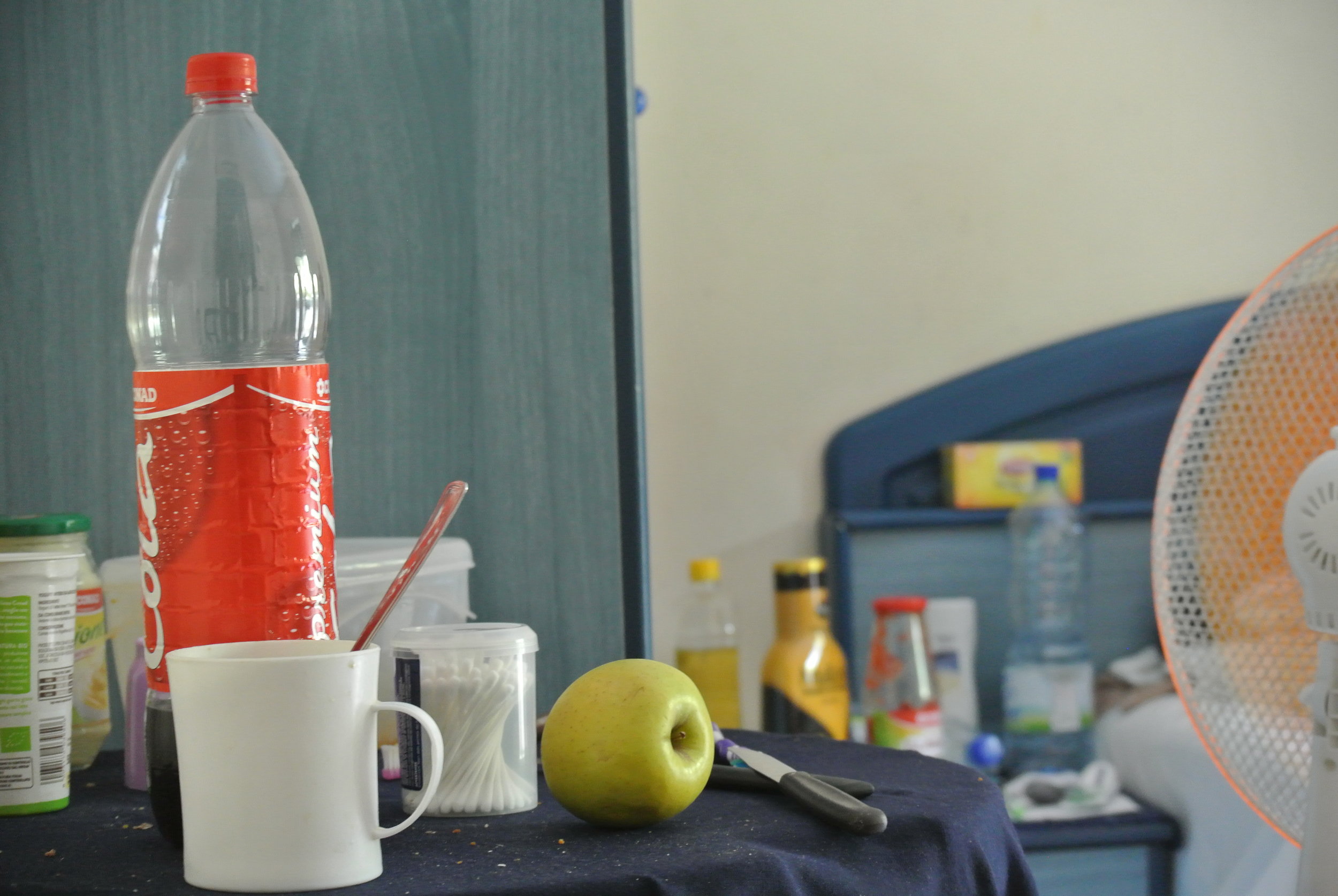
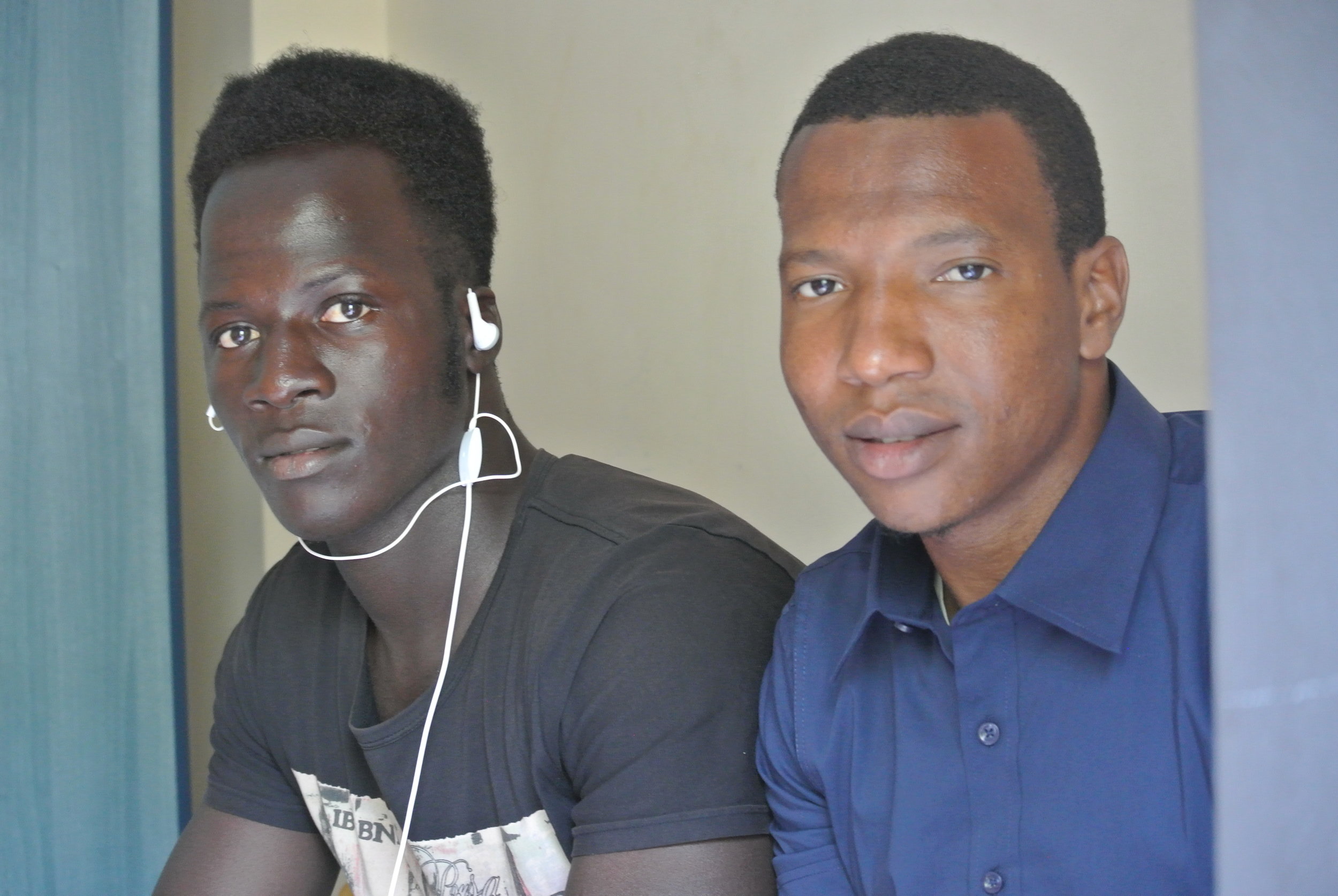
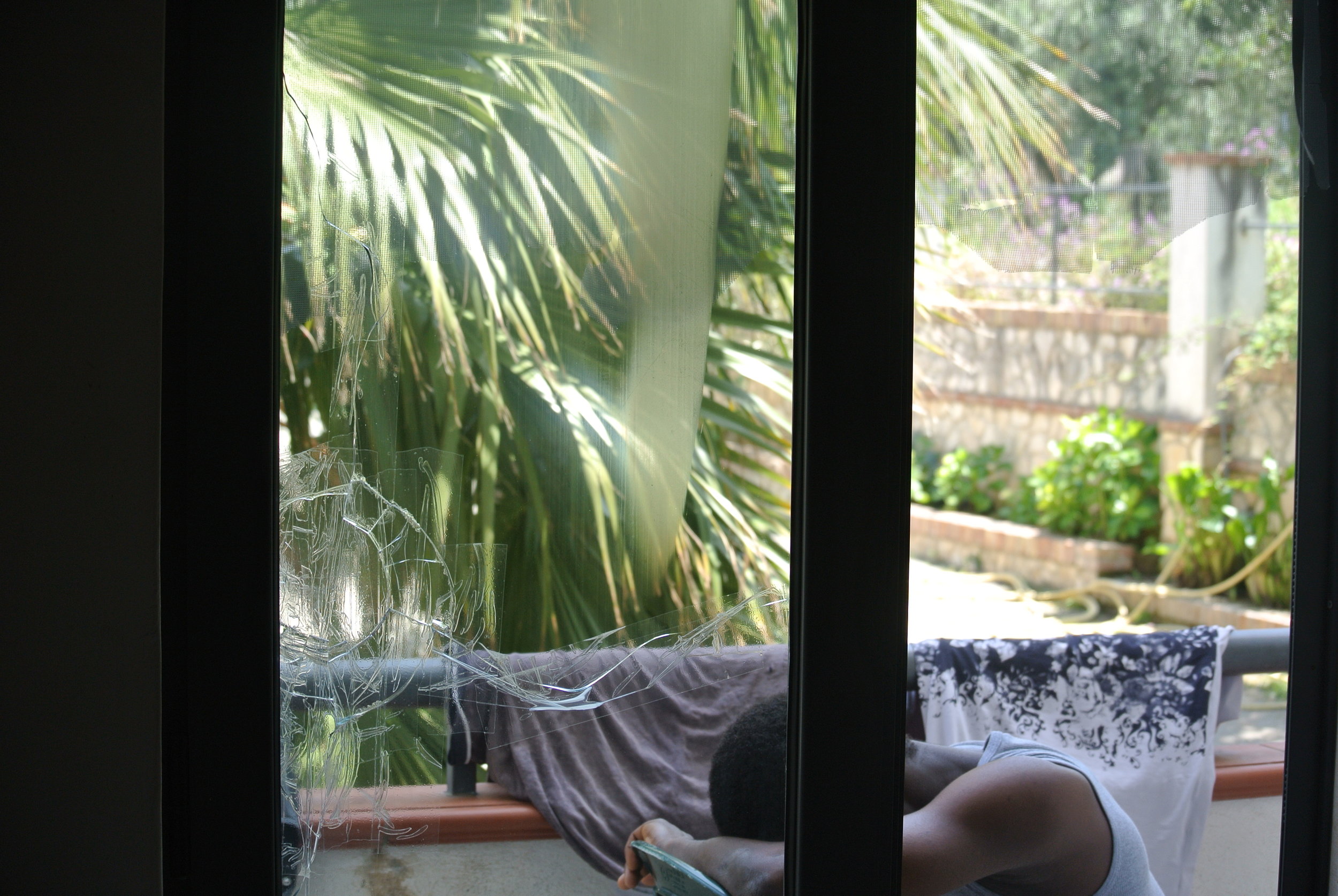
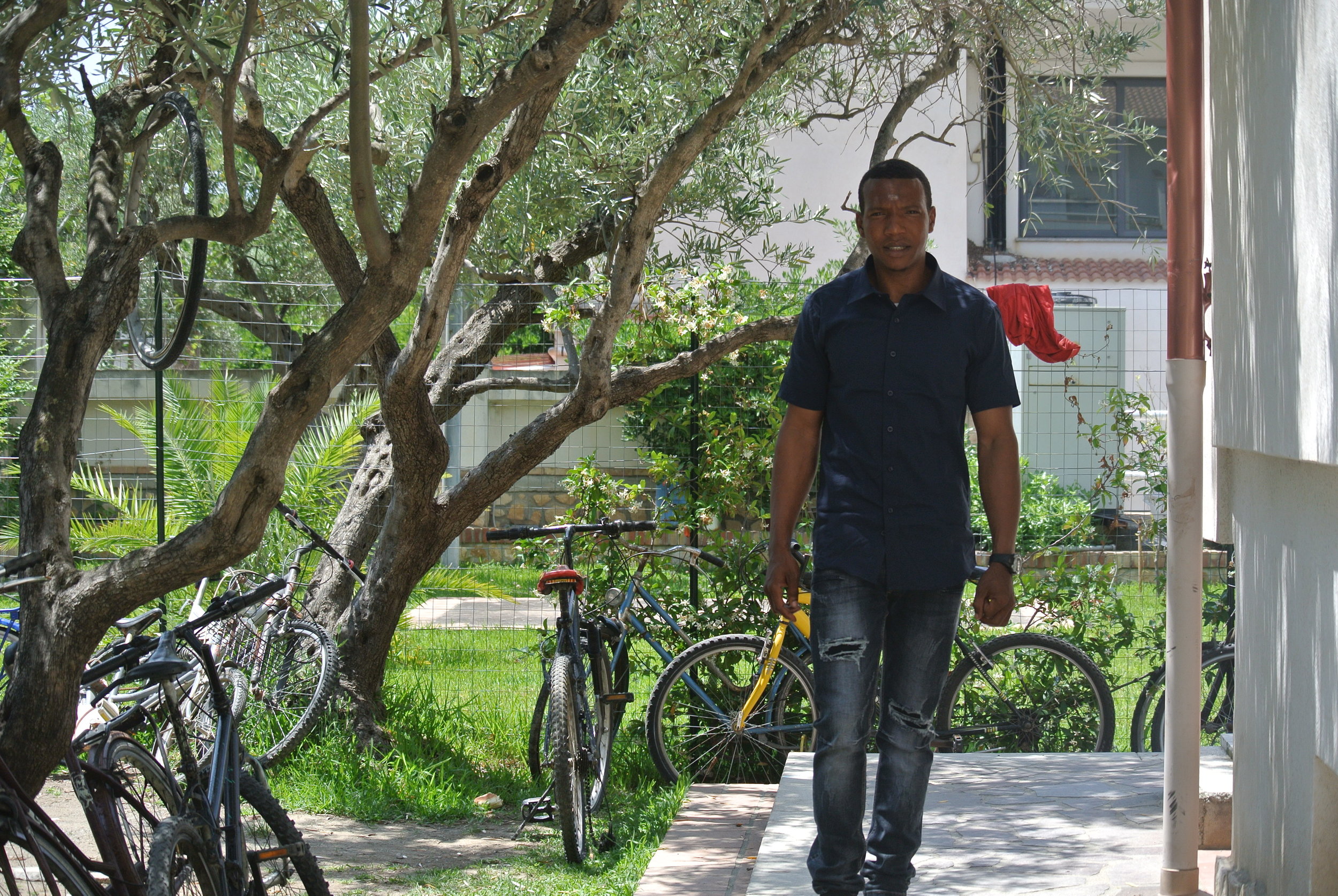
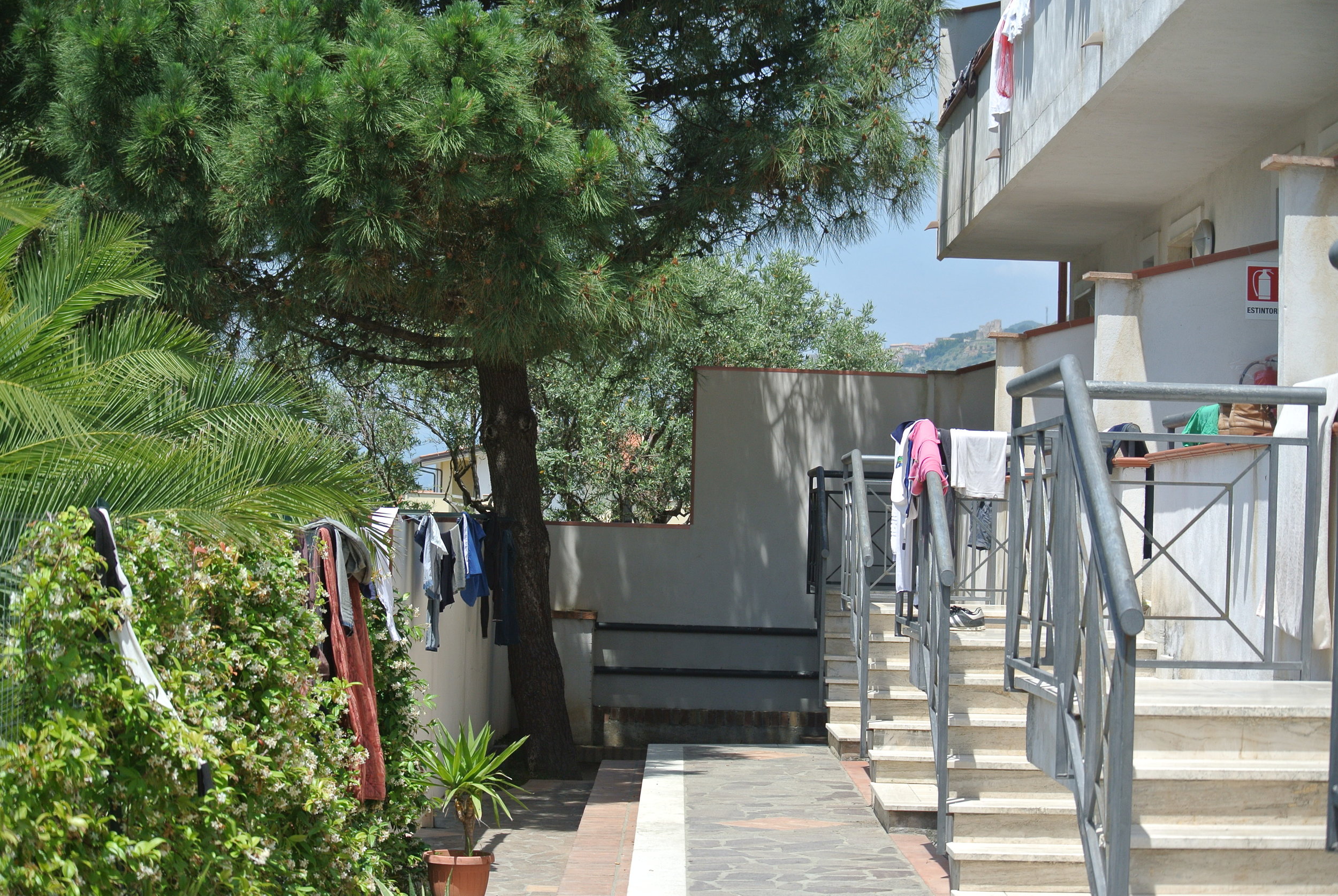
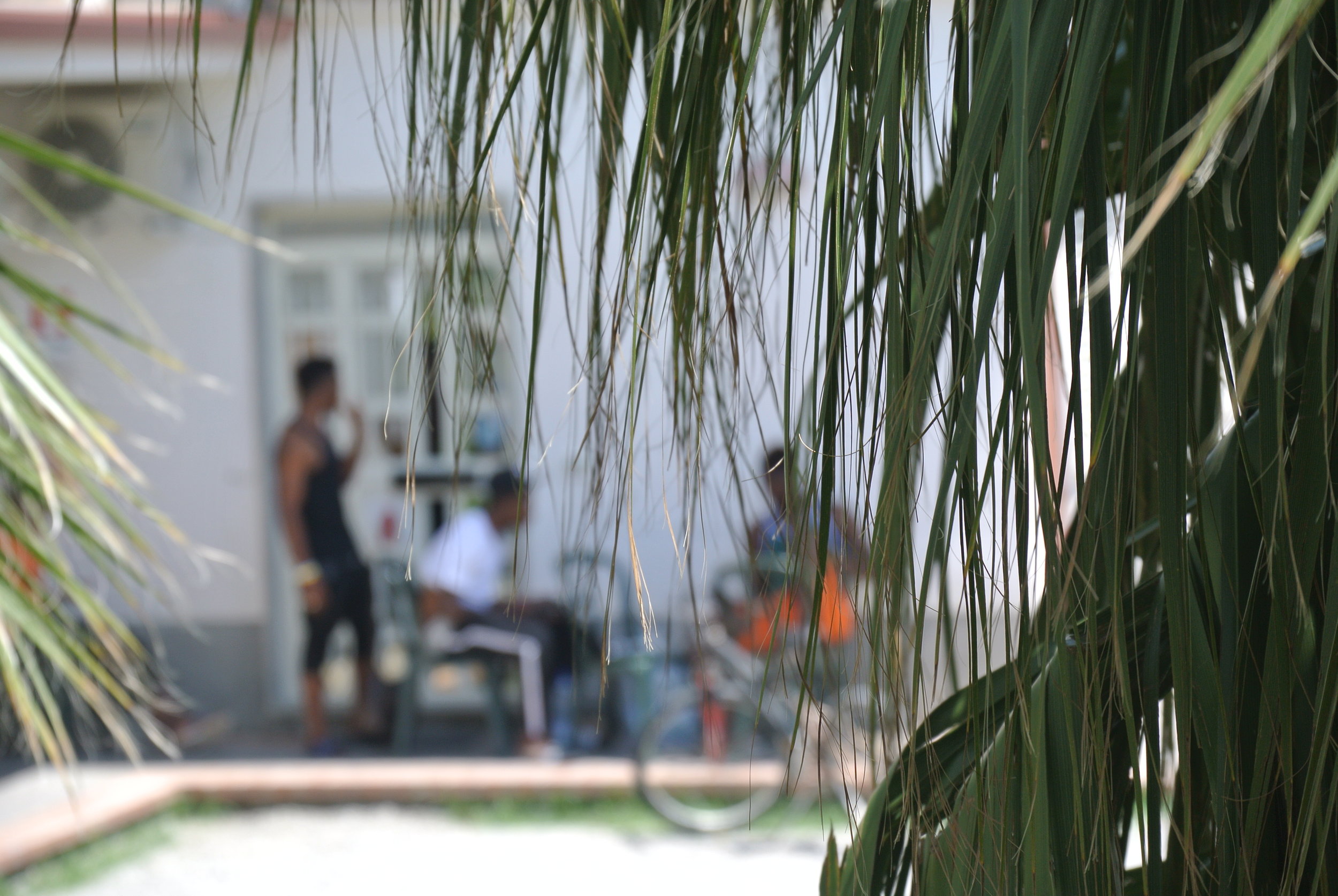
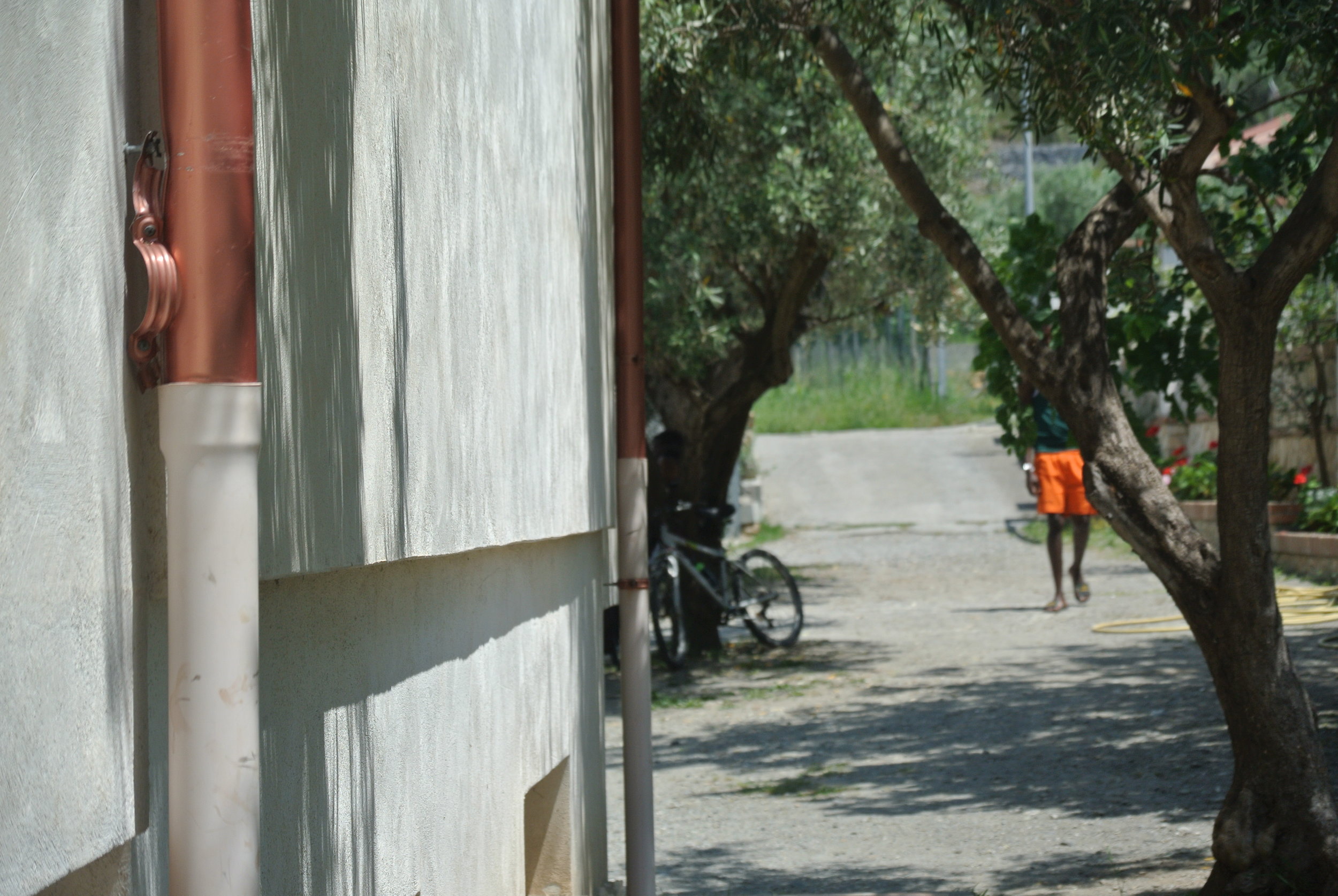
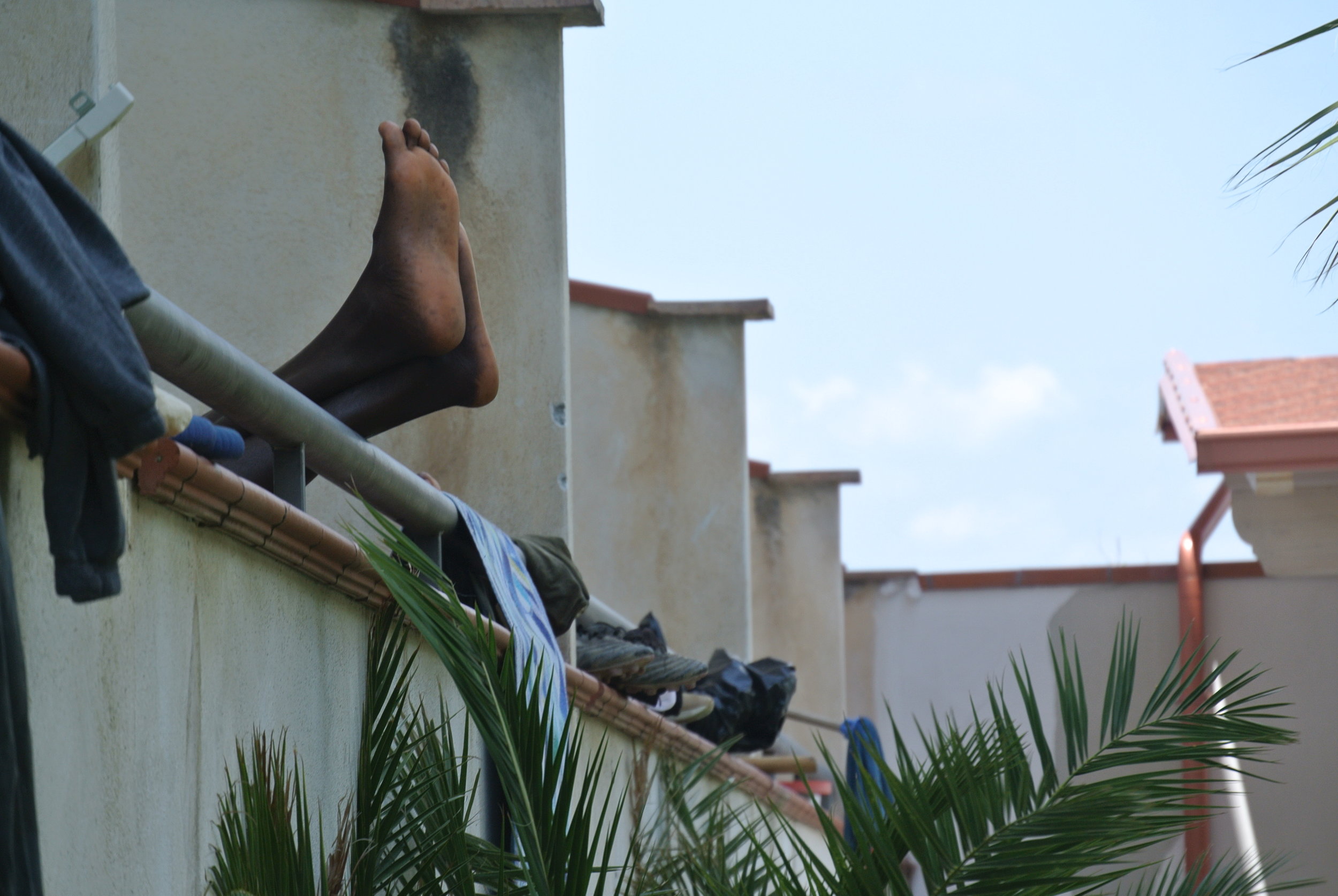
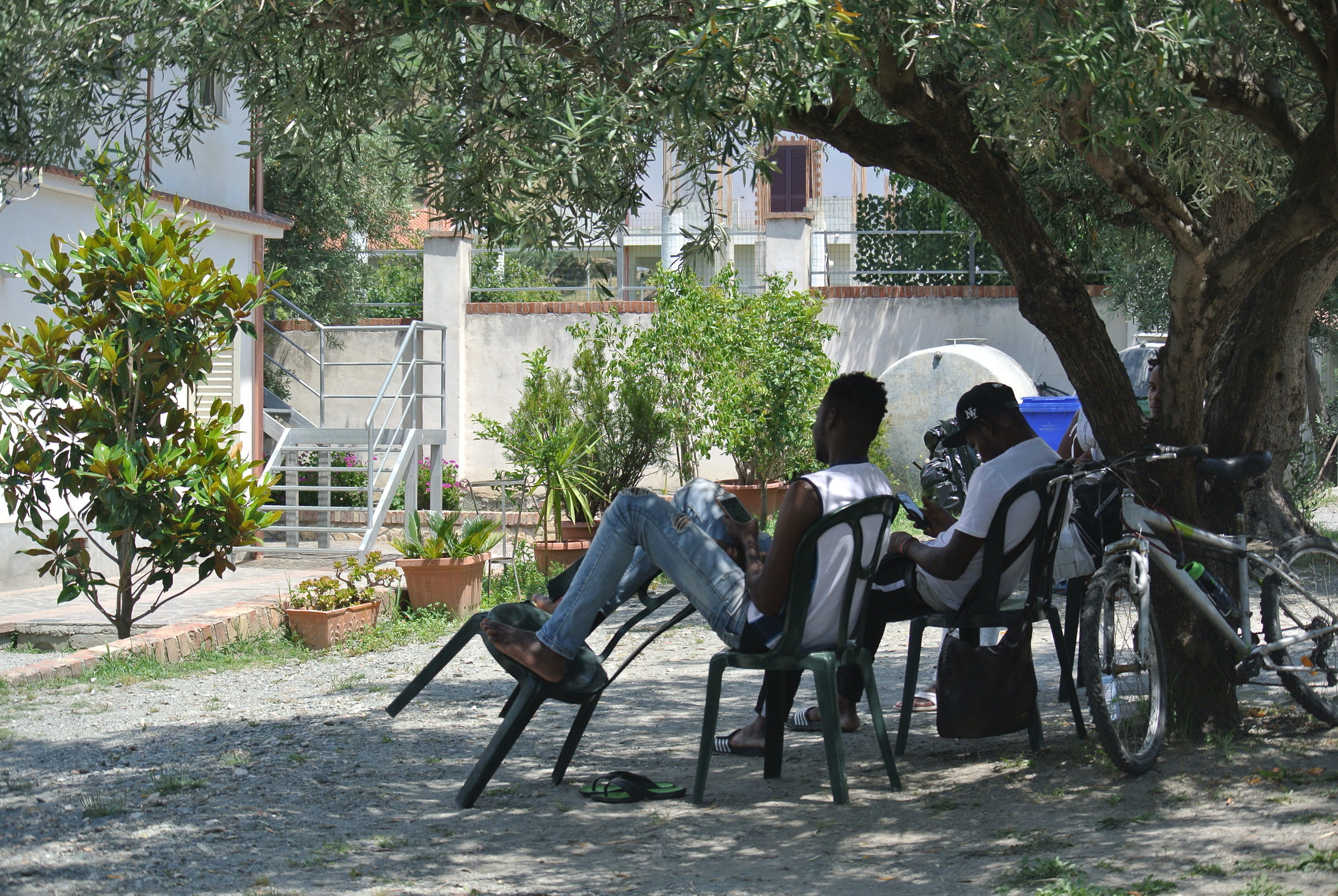
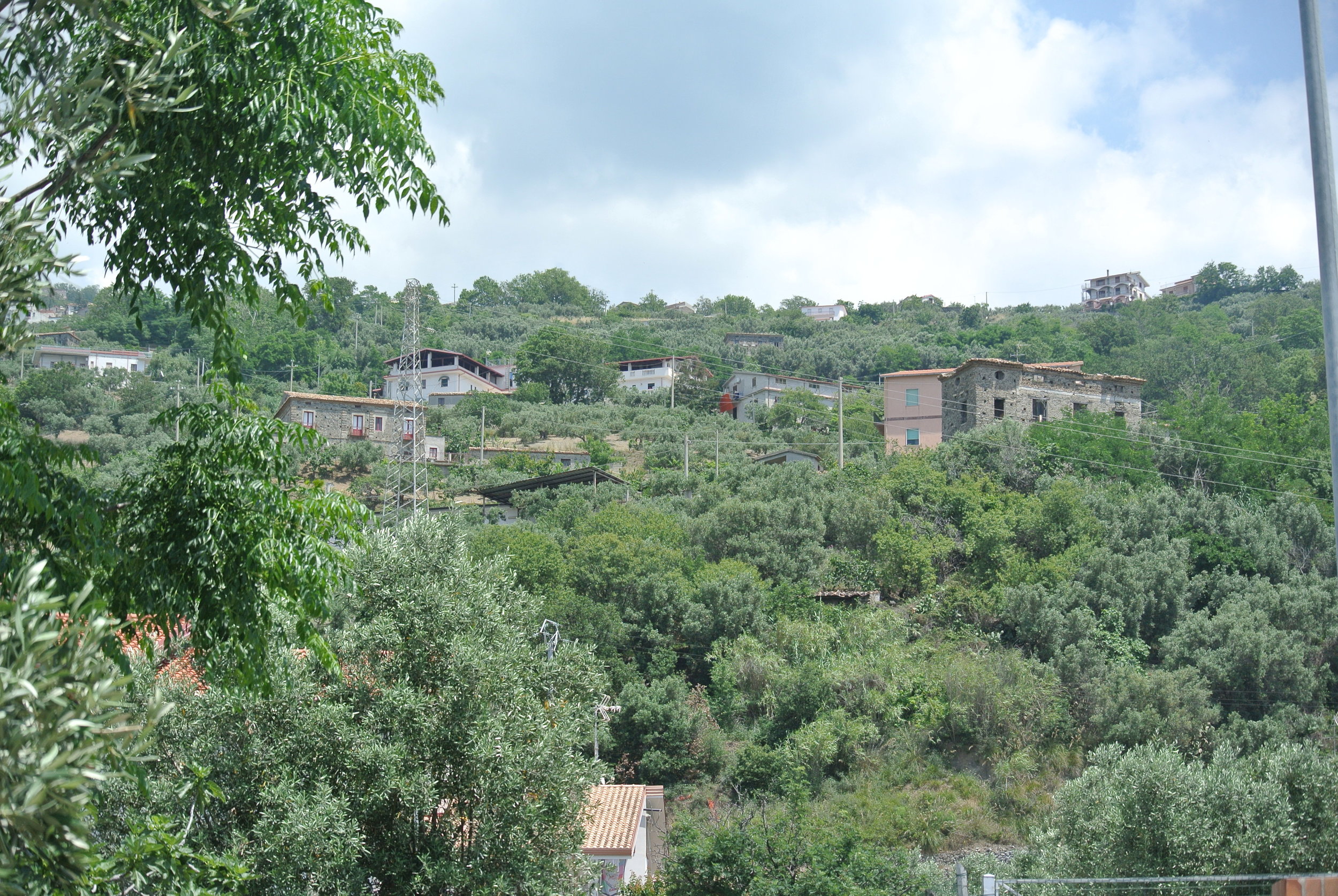
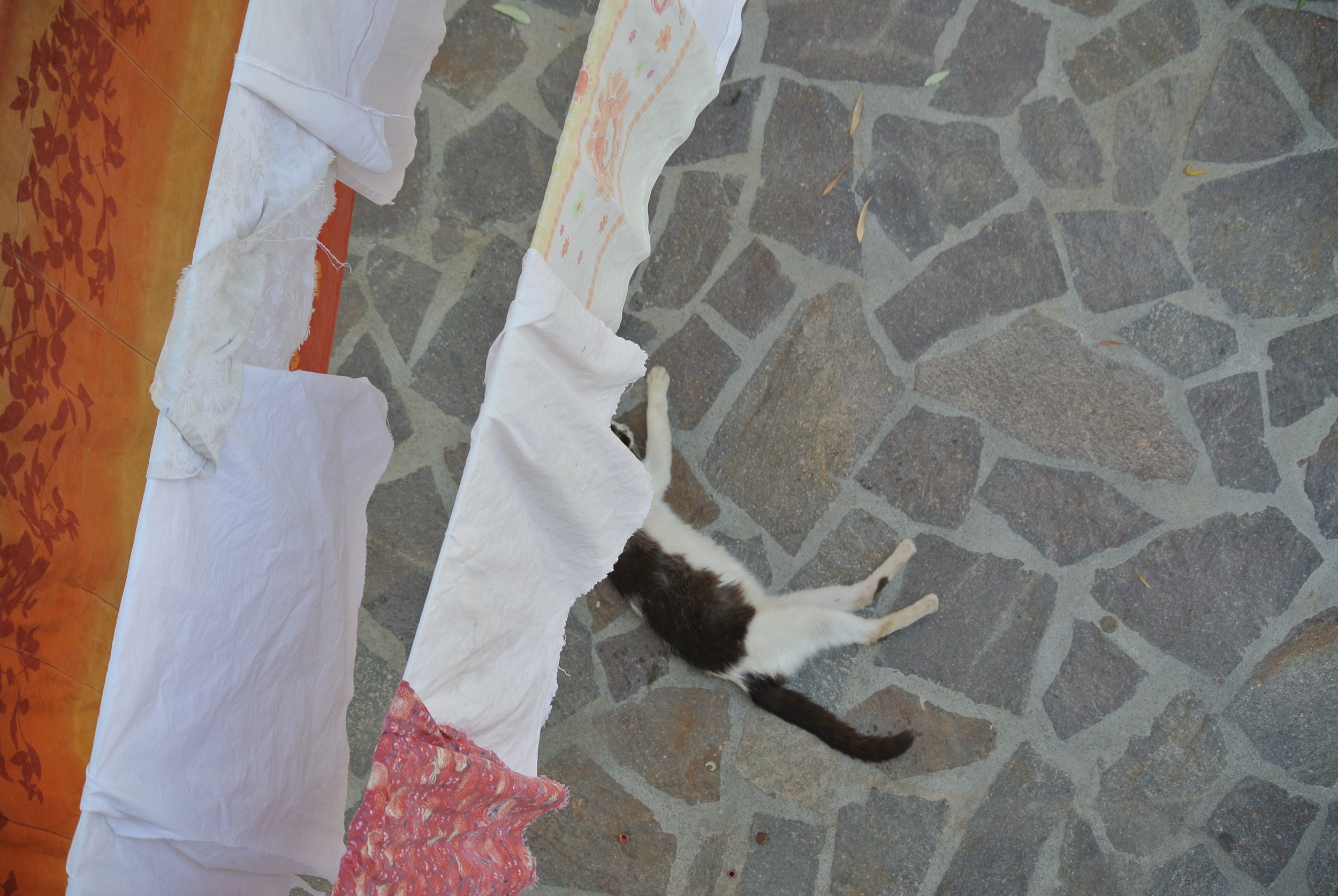
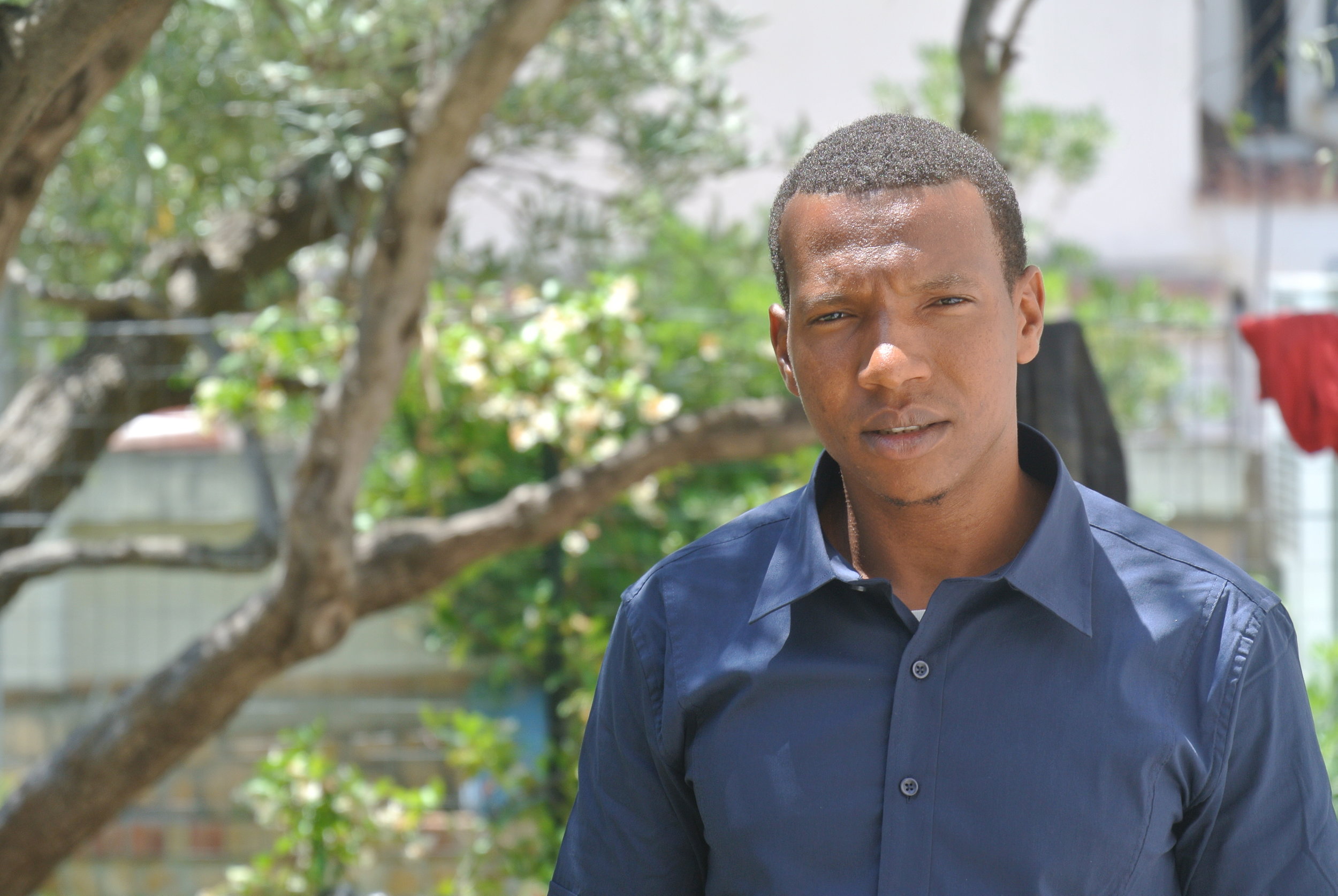
Missing Family
By the time Amadou reached Lampedusa he had lost contact with his family.
After the sea crossing he forgot their phone numbers.
Maybe that was because of the trauma––of those last days in Libya and of boarding the boat to cross––because it wasn’t until he was transferred from the hotspot on the island to his new housing in Calabria months later that his memory finally came back.
He called them. At the time, they were still in Guinea. He had no clue they were considering the journey.
Up until June 2017 his family did not move. But sometime between then and late 2017, his wife with her two small children left unannounced, finally arriving in Libya, where she and Amadou reestablished phone contact.
He urged them immediately to return home, warning them it was not safe to cross the sea in this way, on the inflatable boat. His family paid a “connection man” to help return them home; that plan failed, the man deceived them, he said. In the meantime, Mariam, his wife, was already registered with UNHCR for a repatriation flight.
A Senegalese woman named Fatou was the next smuggler in line, who assured Amadou his family was safe and, in fact, ready to push off the coast to make the crossing. He insisted she put them on the return path home to Guinea.
Amadou spoke to Mariam for the last time on either 11 or 12 December 2017. He called the trafficker, Fatou, multiple times; he got through once more when, in a voice message on WhatsApp, in the West African dialect Wolof, she insisted again his family was safe; Amadou played the recording still saved on his phone.
Amadou contacted the Sierra Leone Embassy to send for Fatou’s arrest; he failed to reestablish connection with either of the two contacts he had at the Embassy in the end.
Amadou spoke to Fatou on 27 December 2017, his last contact.
Amadou does not believe Mariam is in Libyan prison because she would have met someone (other migrants) in that span of time with a cell phone to reestablish contact.
Amadou believes Mariam and the kids were pushed to the sea and died. He says if Mariam had survived a crossing to Italy she would have found a phone to call by now.
“If somebody enters Italy 5 months you will never call? You must call. Me, I know that,” said Amadou.
There is no further information on the whereabouts of Mariam, 23, Amadou, 6, or Seilou 2.
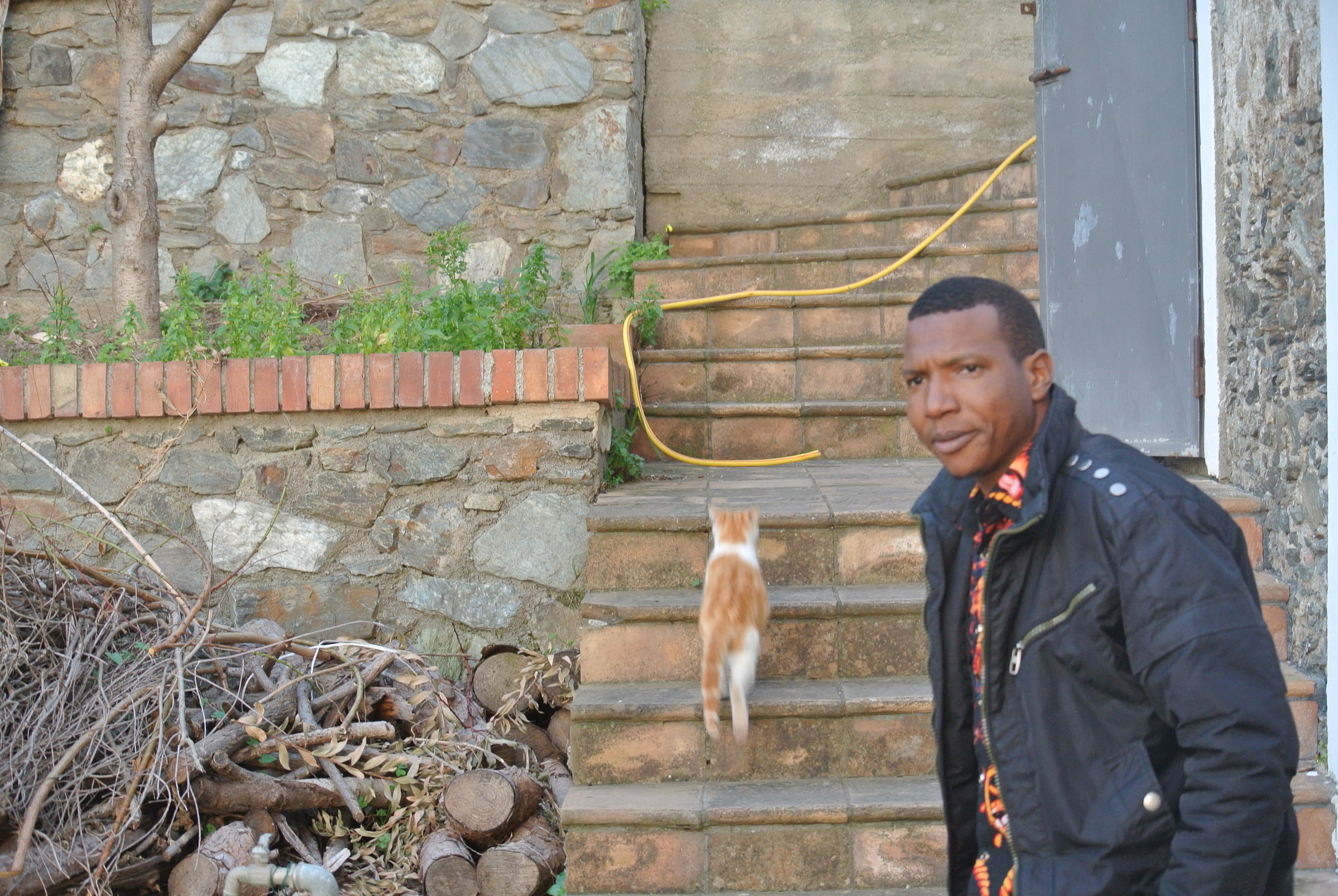
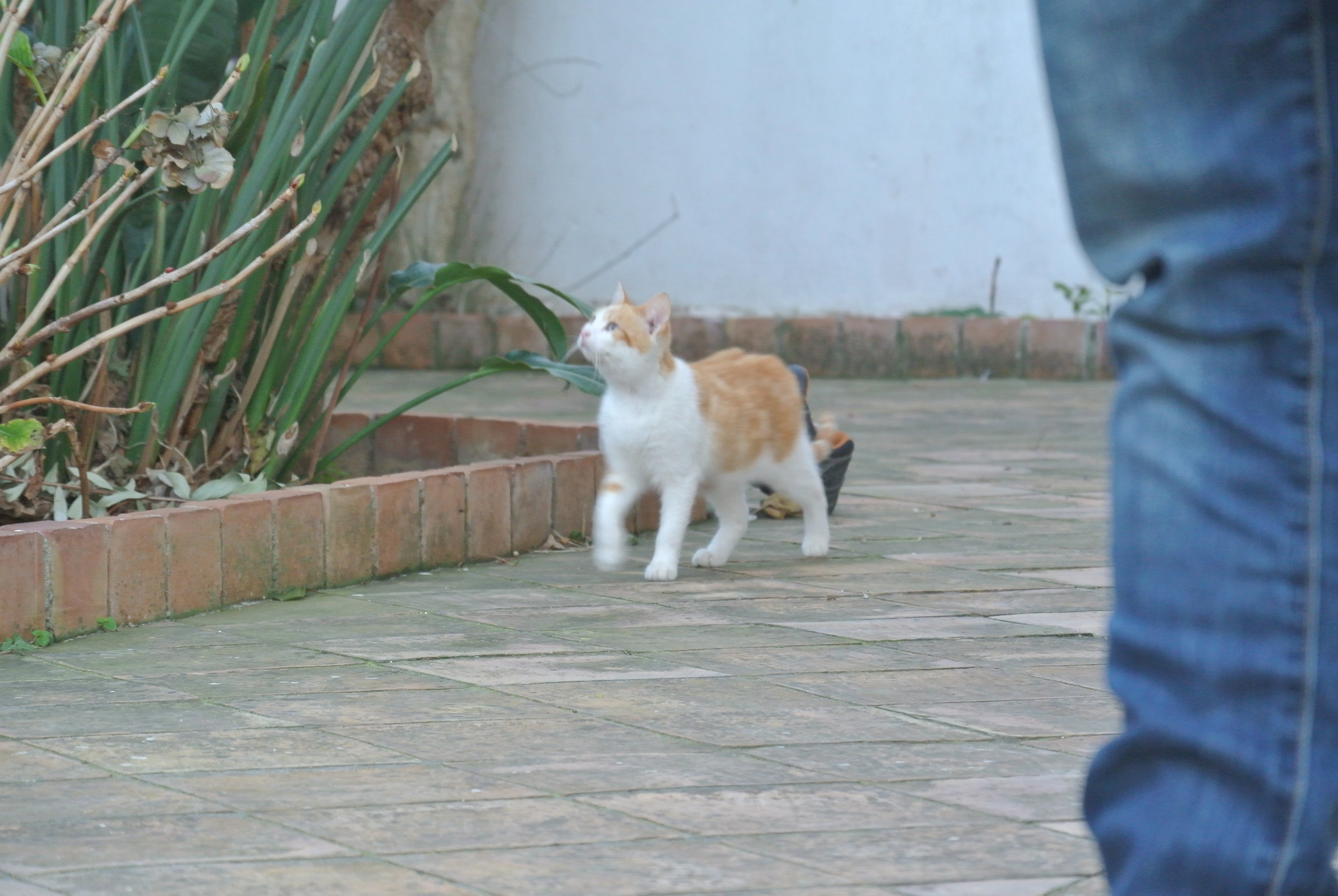
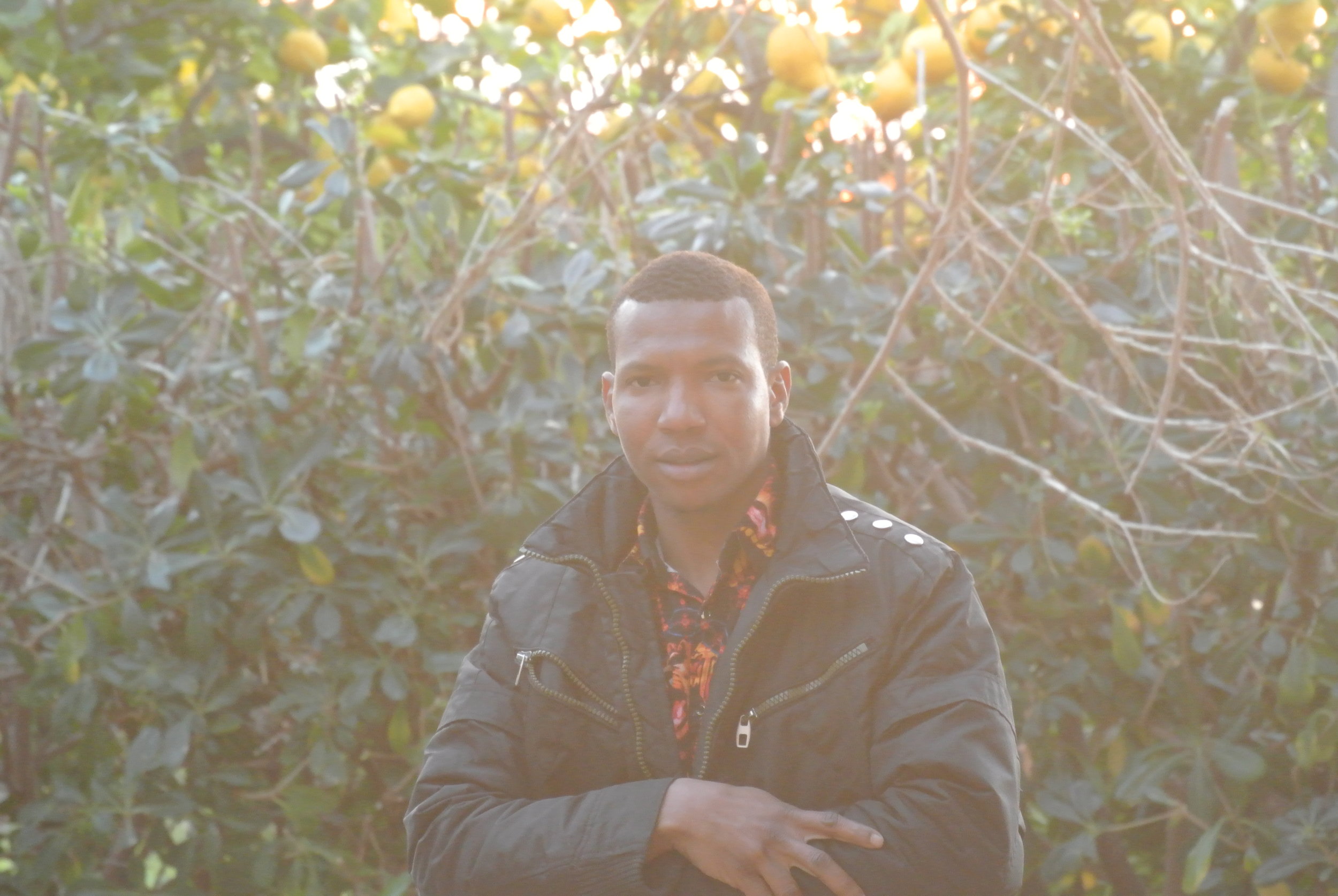
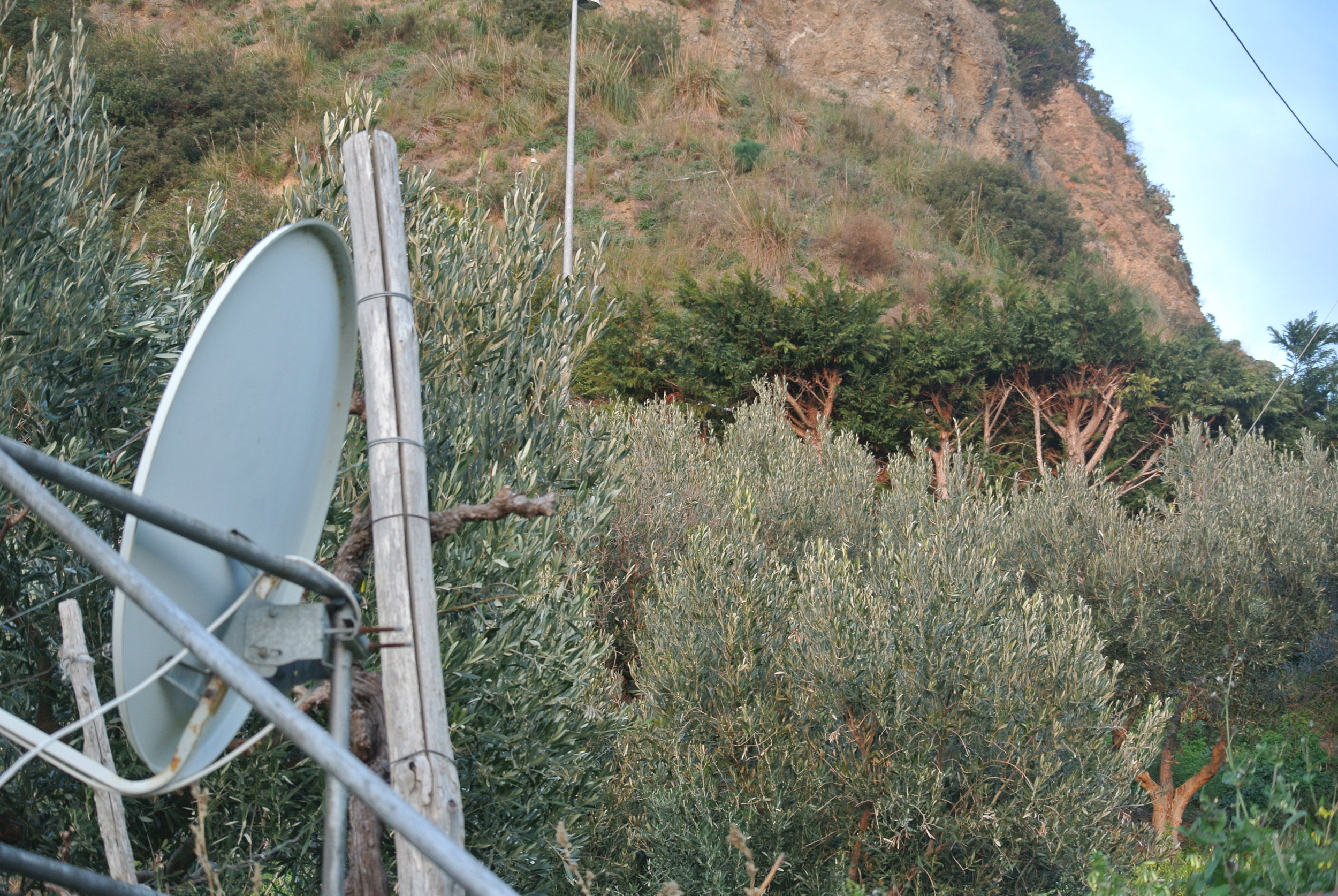
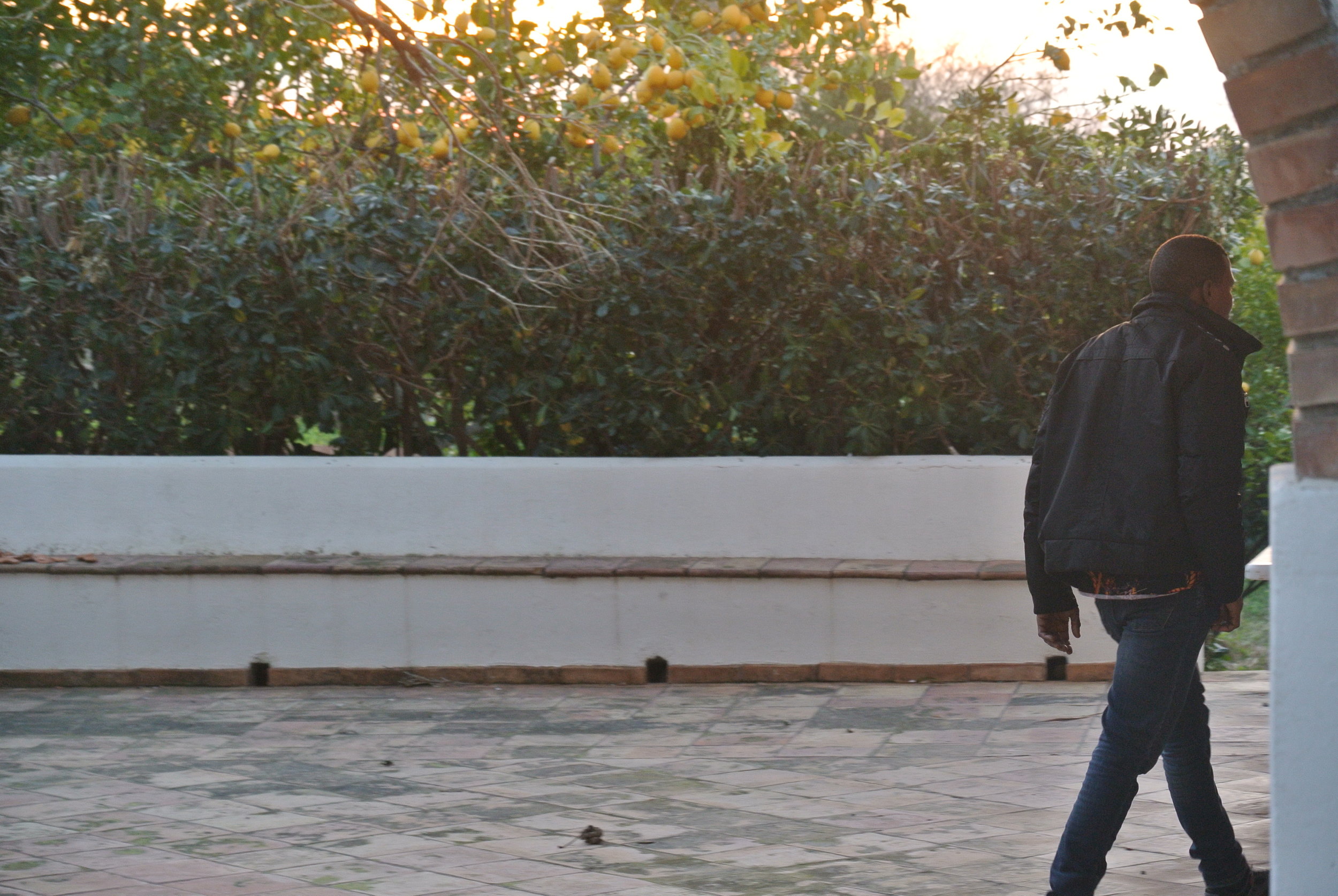
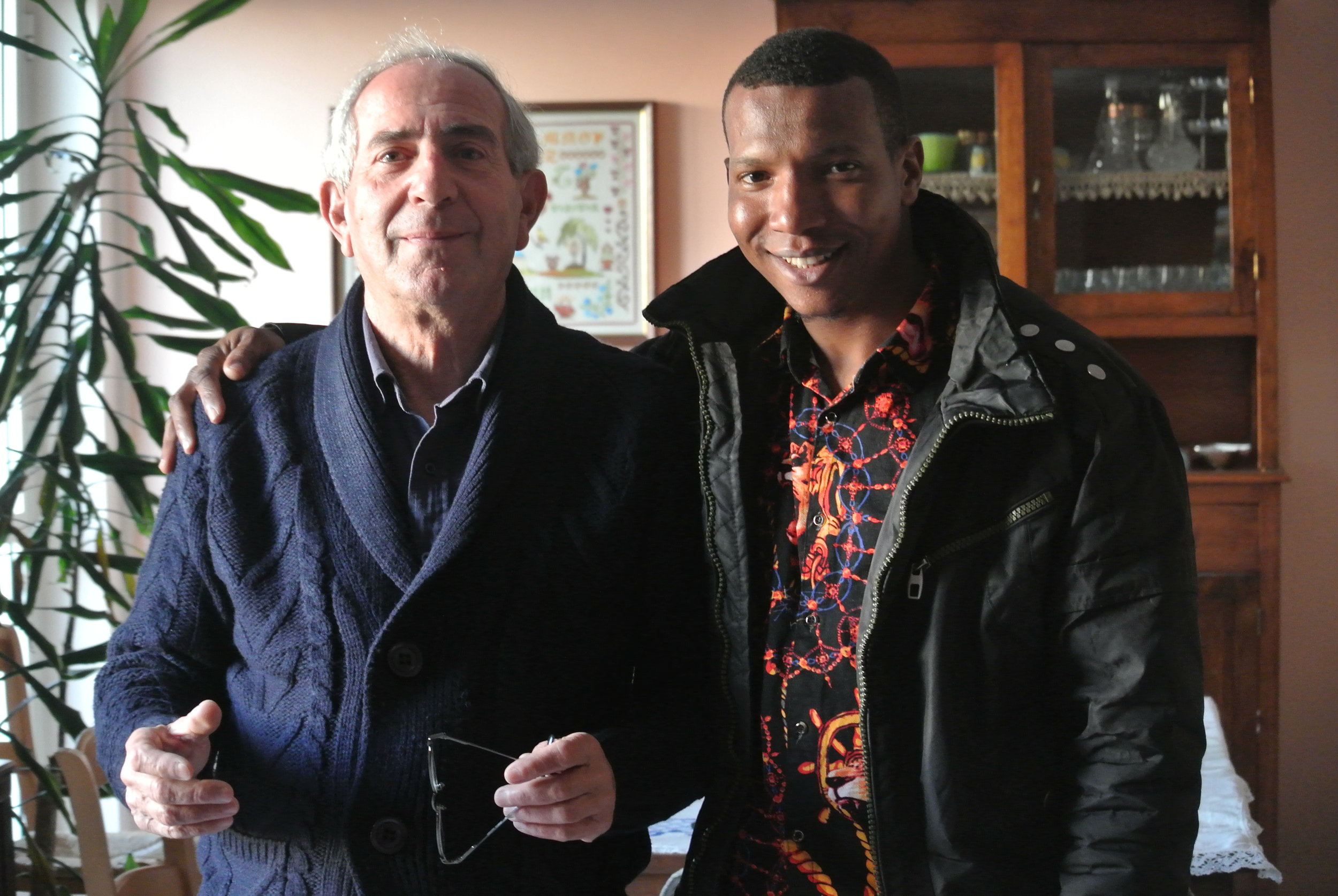
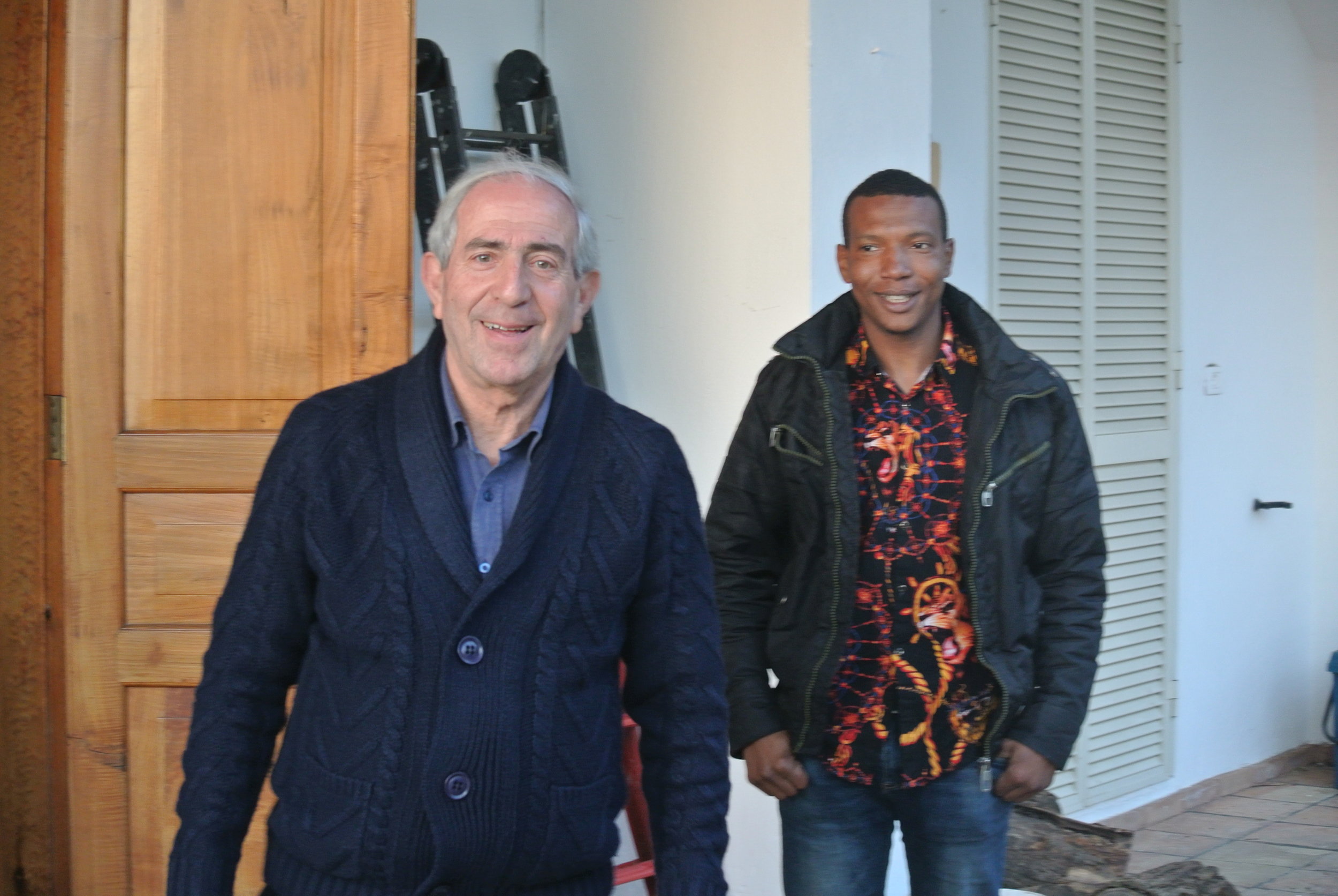
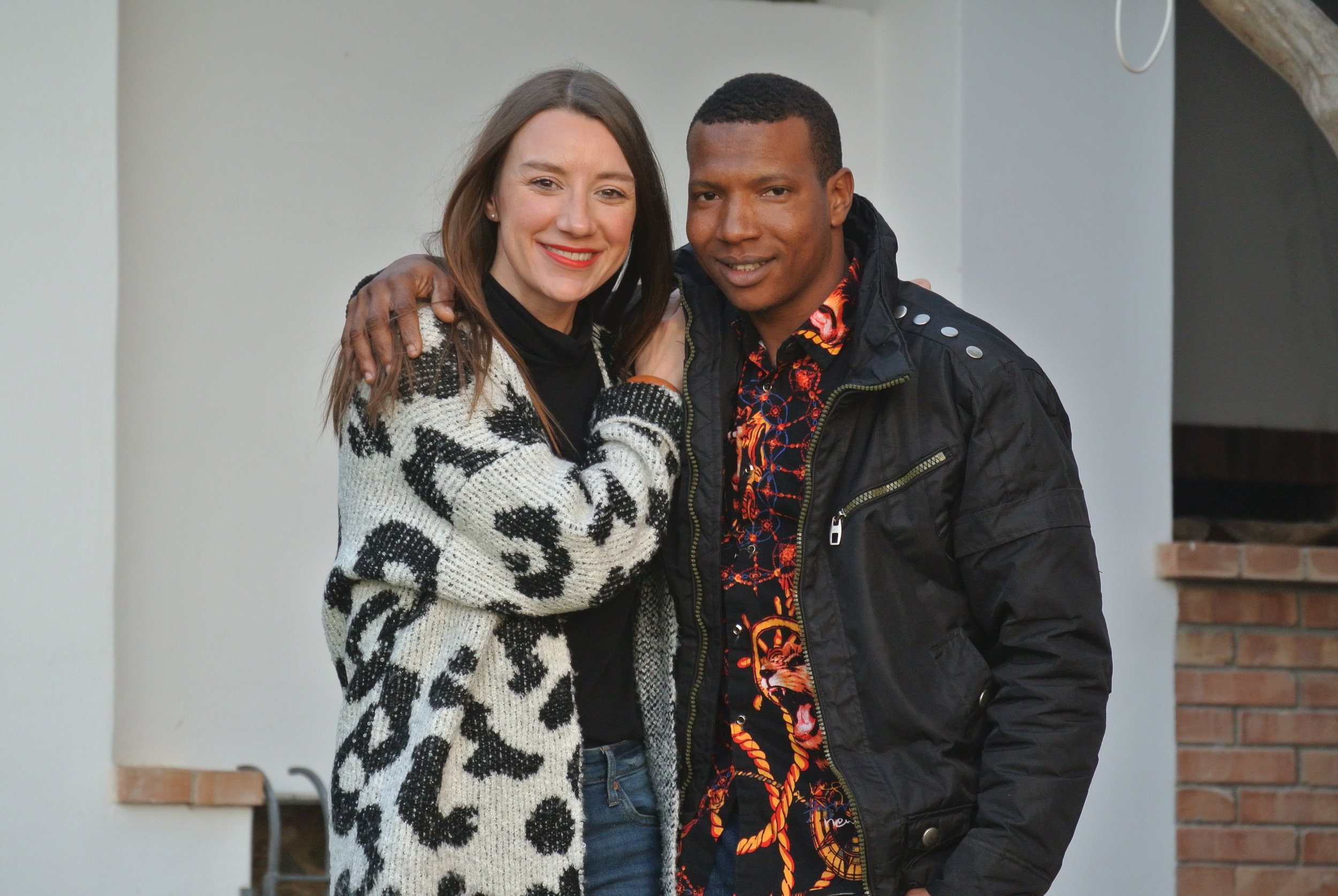
Work + Education
We spoke about work, the top-of-mind concern for every person who has arrived in Italy.
Now that he had his two-year documentation, what did he hope to do?
Actually, I asked him again and again what was his ideal job––if he could do “anything in the world.” I realized later I was too lofty in my tone for him to answer that.
Amadou said directly that he just wanted to work, it didn’t really matter what.
As an American and Westerner I have the huge possibility of changing lines of work if I decide I want to switch. That is the ticket of privilege I have been handed––the privilege of choice, the privilege of turning down one job to pursue another one if I desire it, with economic necessity sometimes being a secondary concern.
I had a tactical aim in mind though too. If people in positions of power––politicians or those at social service organizations, for example––were going to hear his story, he would have to say precisely how he could fill a labor need they would know needs filling. I wanted to ask what he was able to do to pay that off. Now, I just know how to ask for that in a fairer way.
The truth is, Amadou does not expect to have a job in Italy. He says the only sort of work available to migrants is usually as a security guard or in food service.
Amadou is a metrologist. I had to look up what that is (even after he told me) which is a person trained in measurement. He knows units of measure and how to communicate them for construction projects.
He’s done agriculture work before too––something he had told me on Lampedusa; he was an orange and mango farmer. But construction was something he seemed to know better, and to really like. And, no joke, he wants to build a bridge. Sometimes the metaphors come so easy.
Although he is trained and certified for his work, he does not have the documentation of a diploma or degree from his country with him. So instead, he wants the opportunity to create something to show employers as proof of his skills. He would need time, he said, to draw up the plan––to evaluate materials and tally how much of them would be required to execute the project.
I have to imagine someone out there must need an apprentice, at least…
The scope of deteriorating infrastructure in Italy would normally be so tiresome to repeat again here. But we can invoke it with much less anguish when we know a human resource, trained and ready to help rebuild, is there on the ground already and just needs to be tapped.
Amadou, for the record, is ready to begin work starting yesterday.
Amadou is an amazing human being.
Read Amadou's original journey story, recorded in Lampedusa, November 2016 >
Amadou and I continue to stay in touch and reunited again in February 2019 (images above). It was at his new home––his own apartment now––where he lives in a unit owned by a landlord that resides on the floor above him, still in the beachside town of Longobardi, in Calabria. He received his full documentation to stay in Italy. He has a passport and returned to Guinea to visit his family in September 2018. He has found only sporadic work and still seeks steady employment. He has no new information on the whereabouts of his family.
An additional update on Amadou’s story will be available as it develops.


